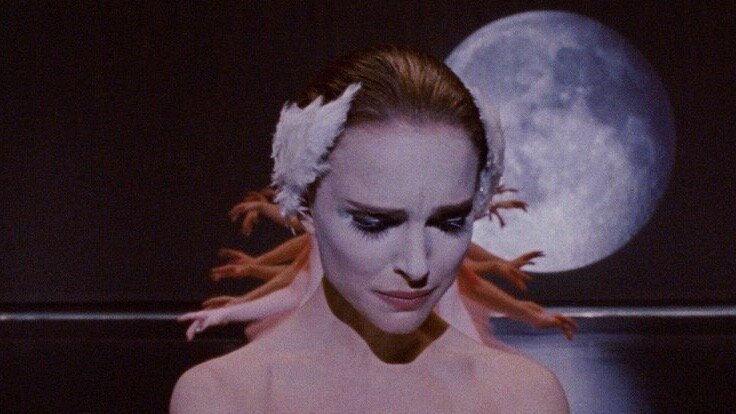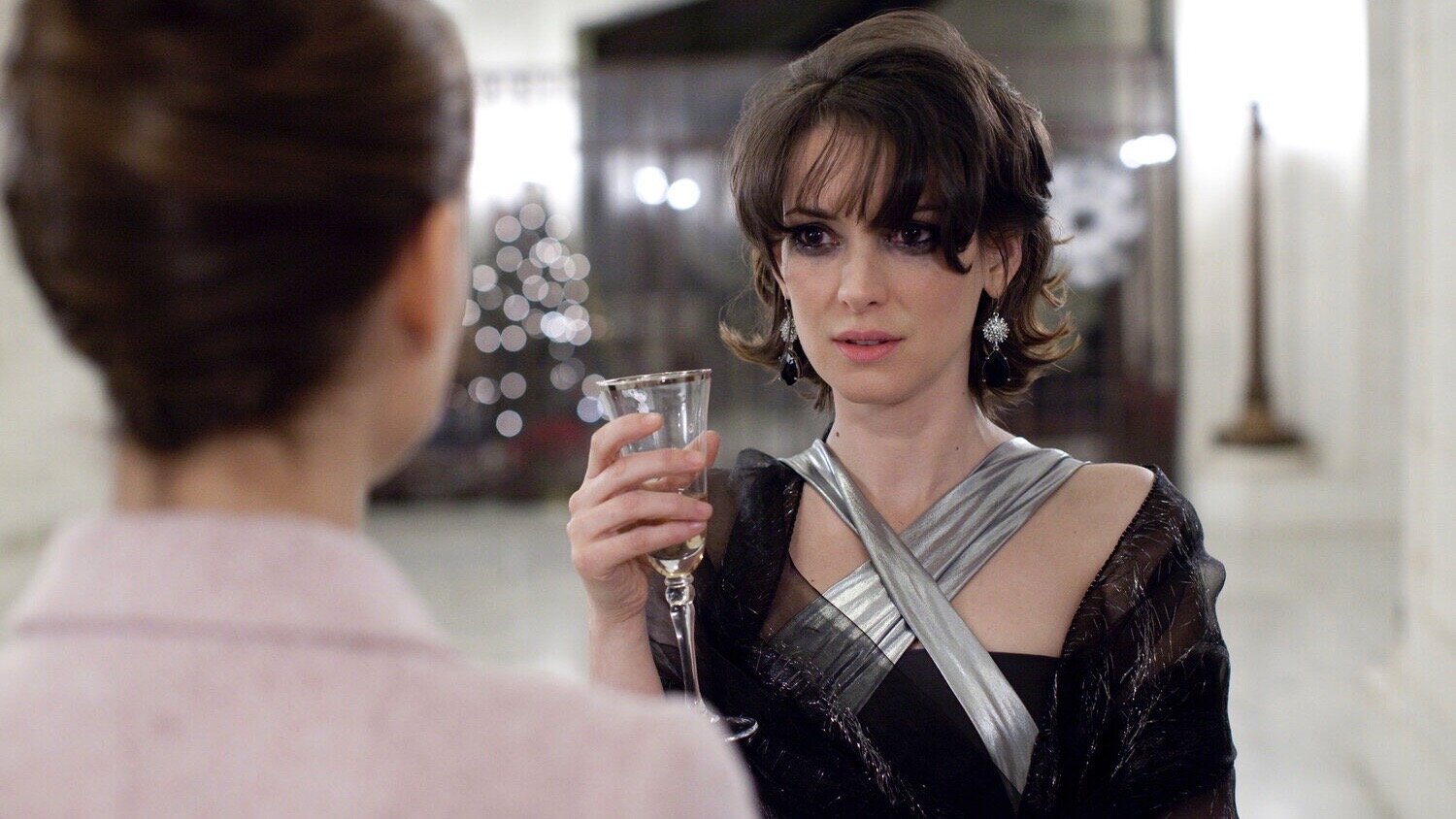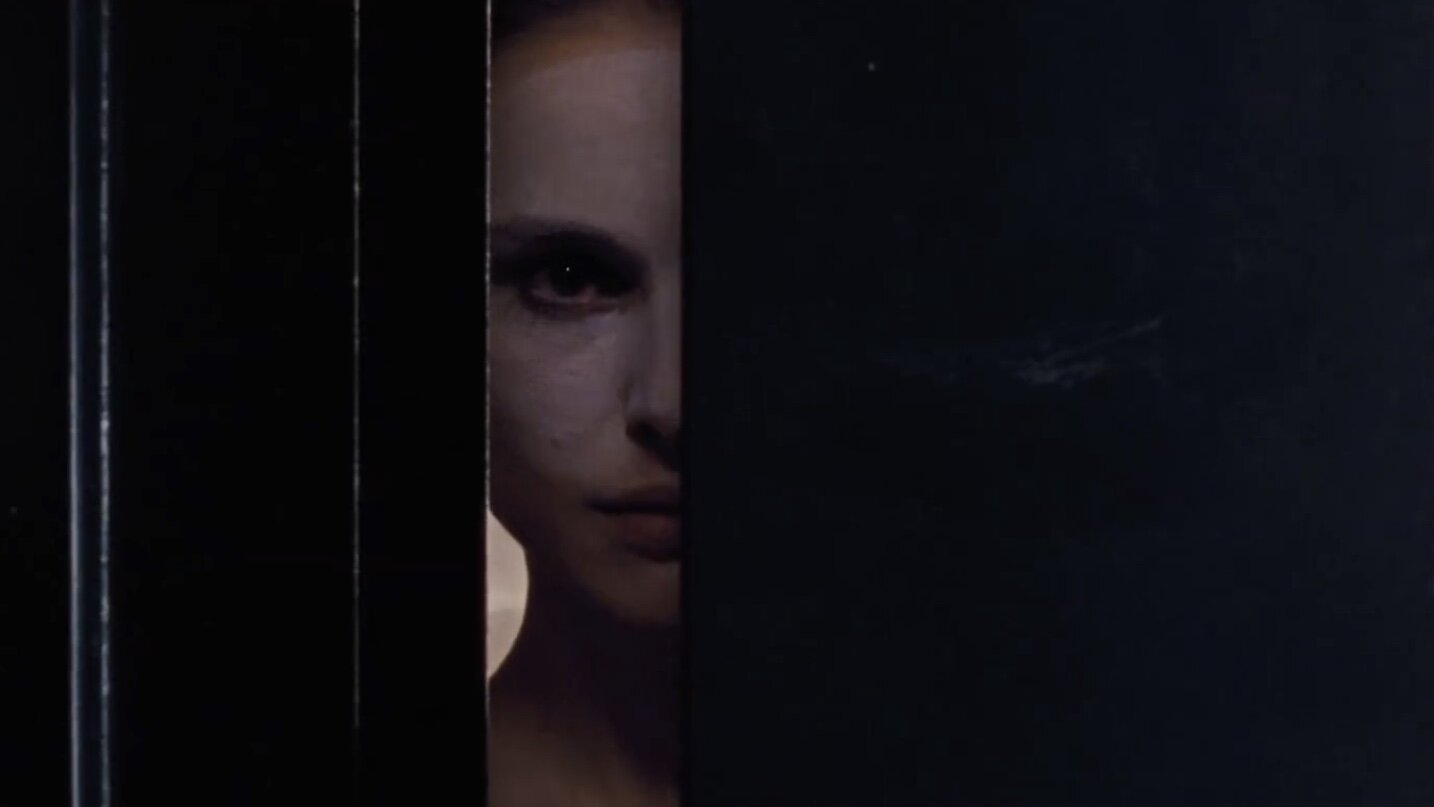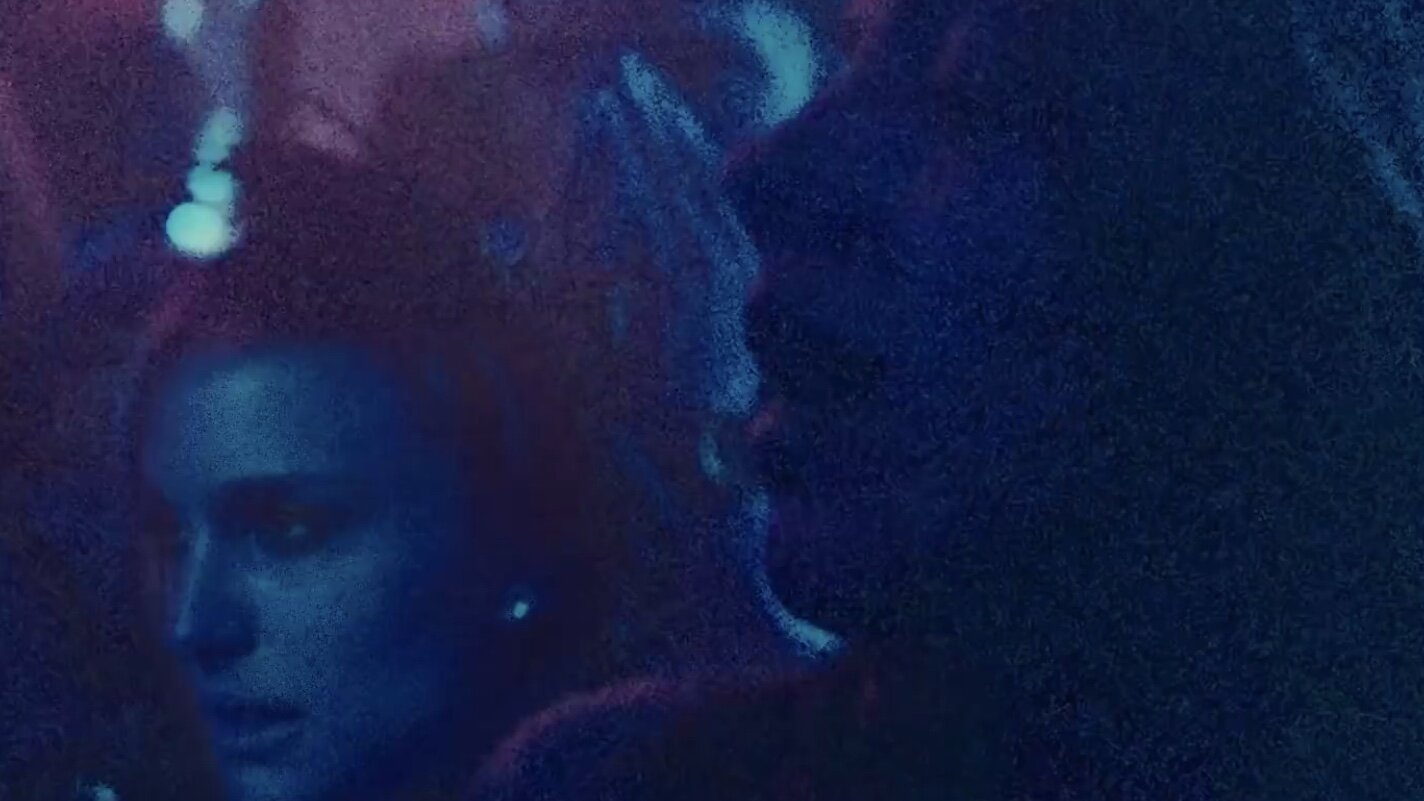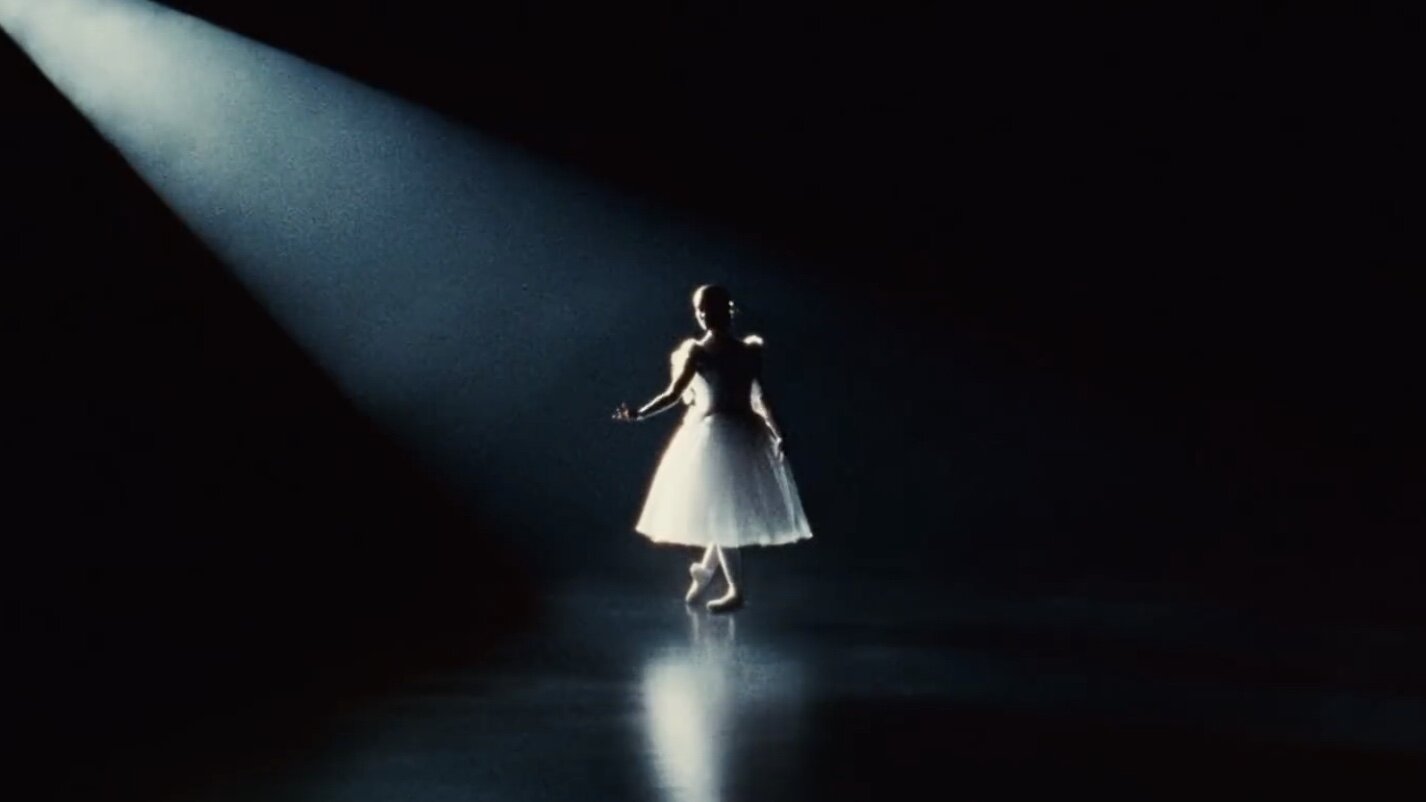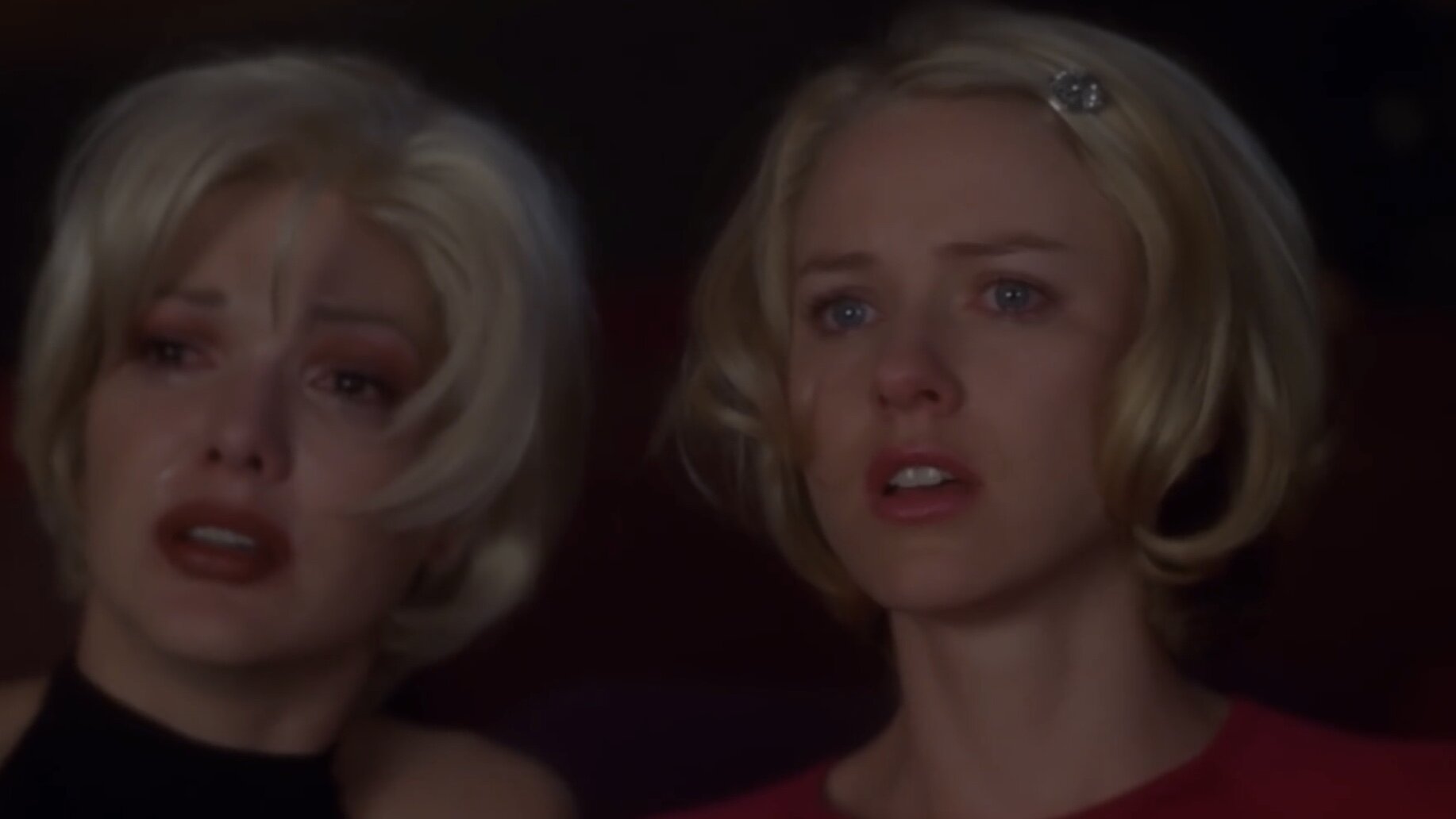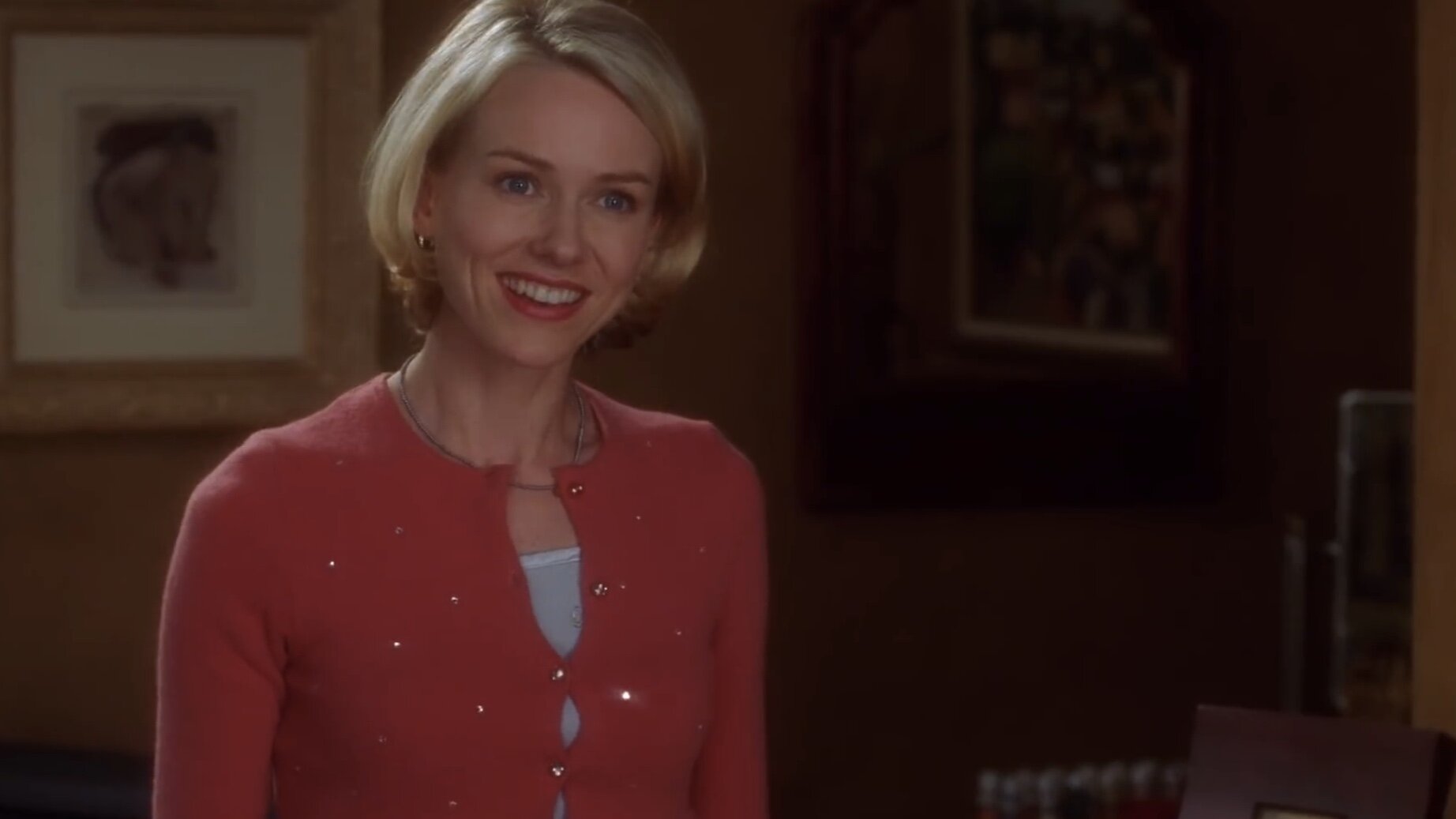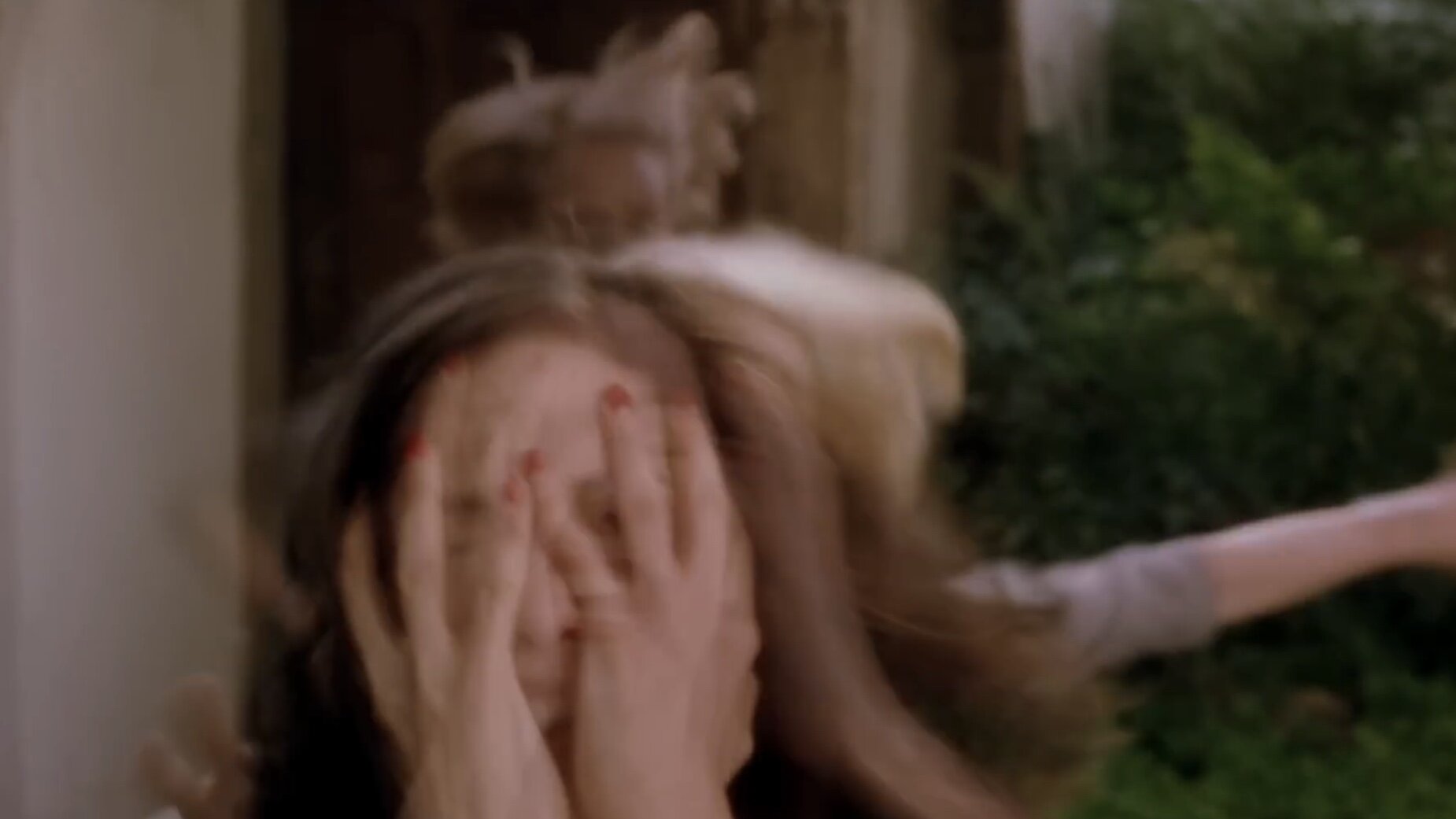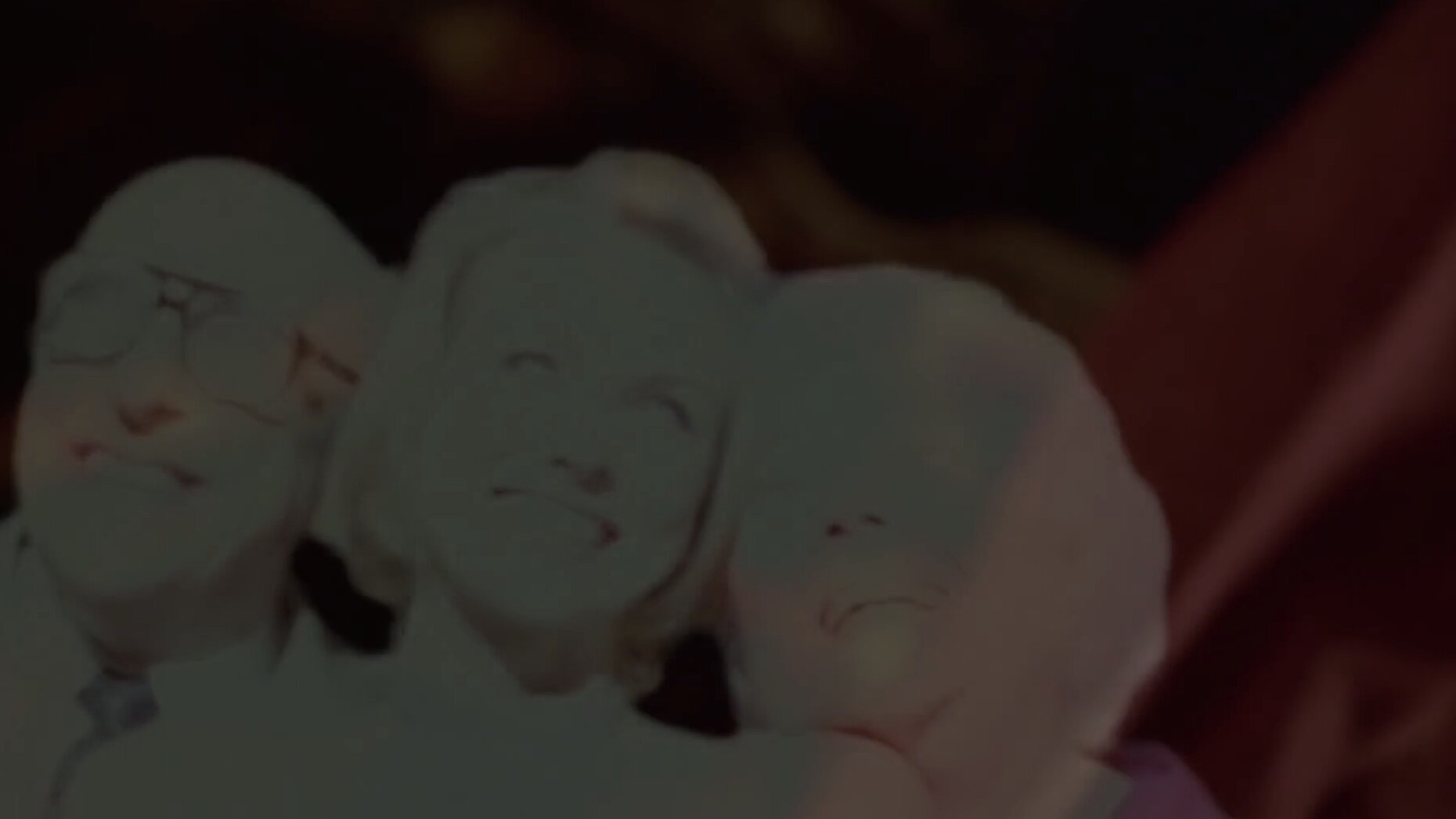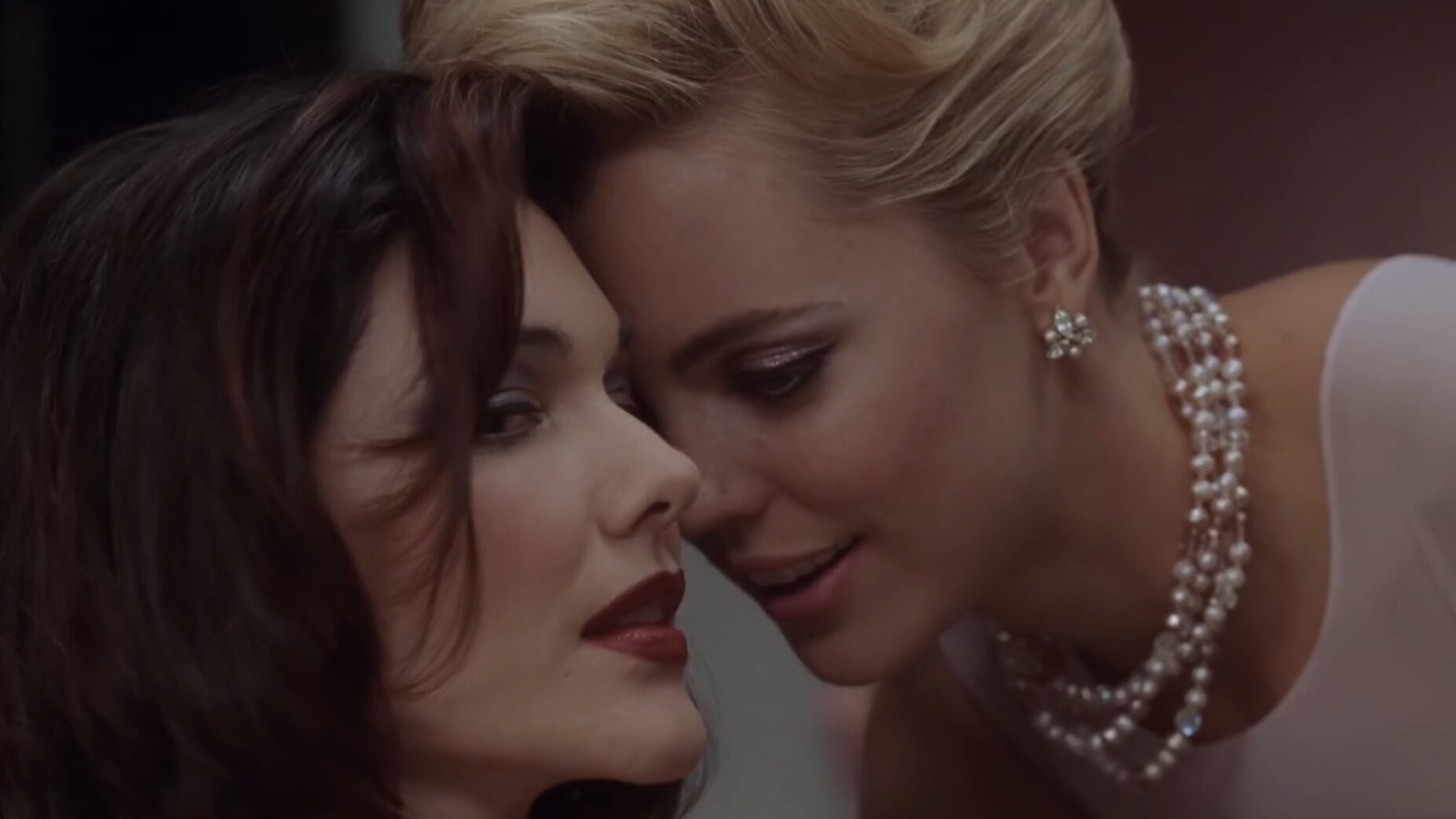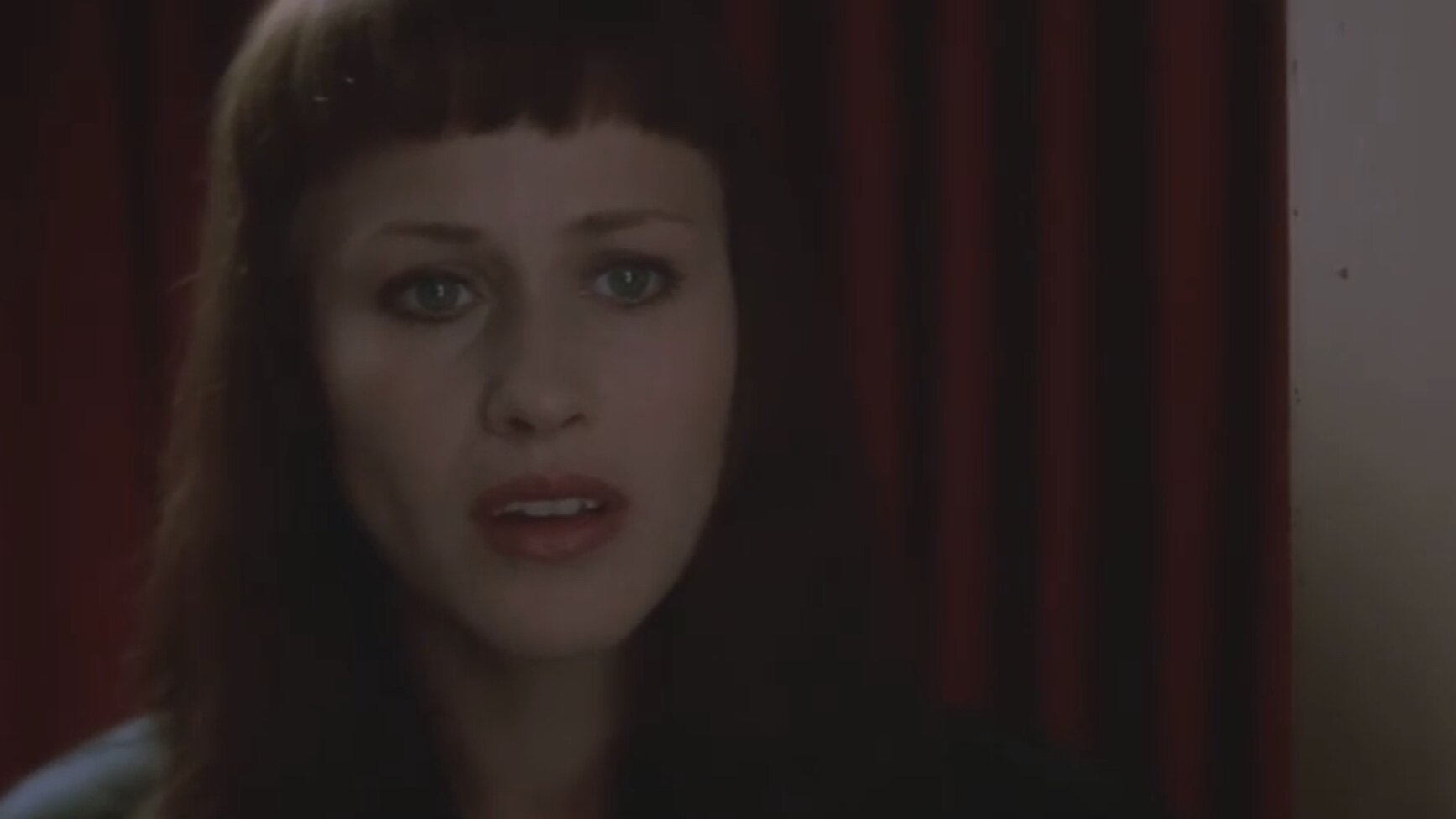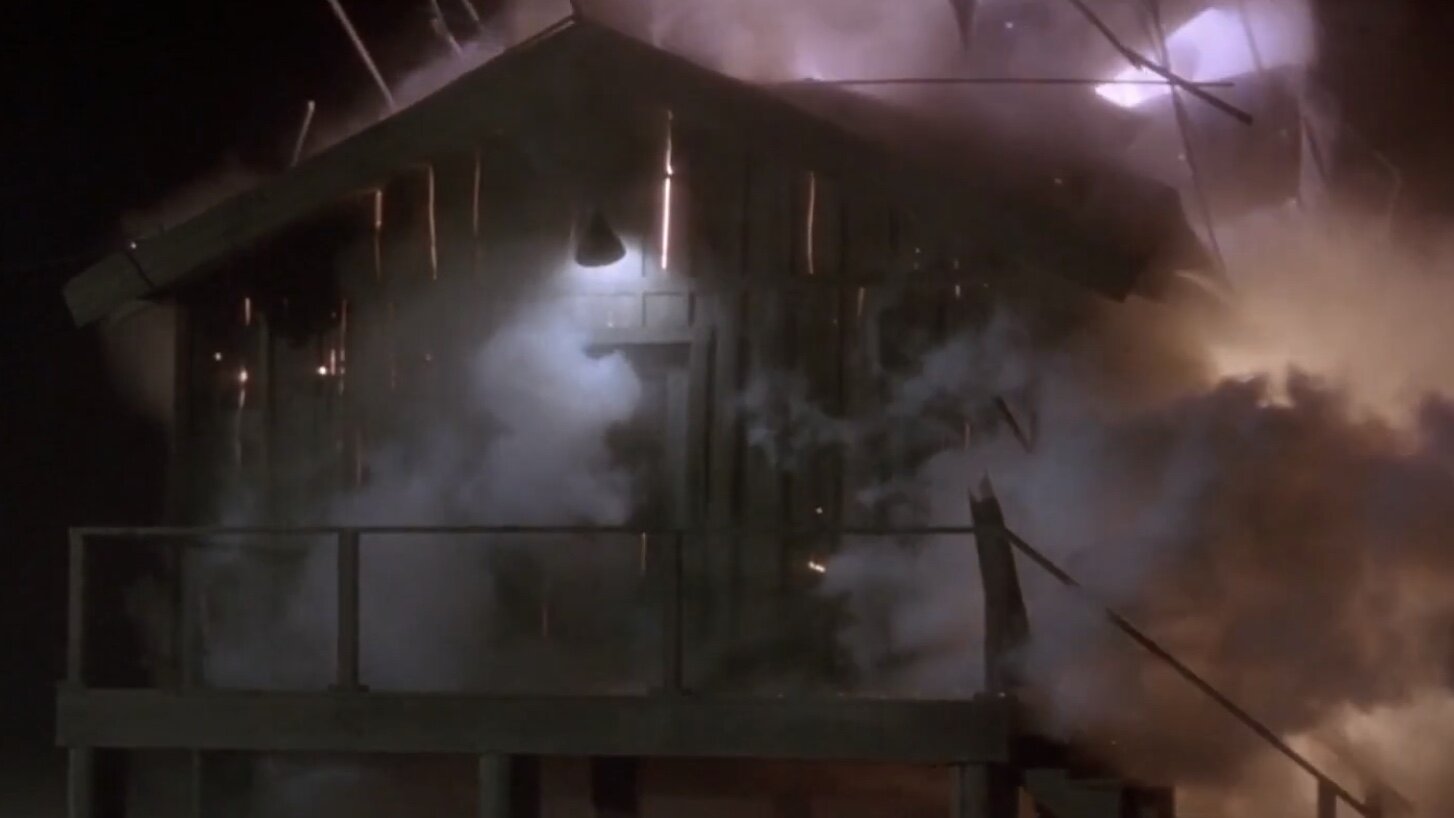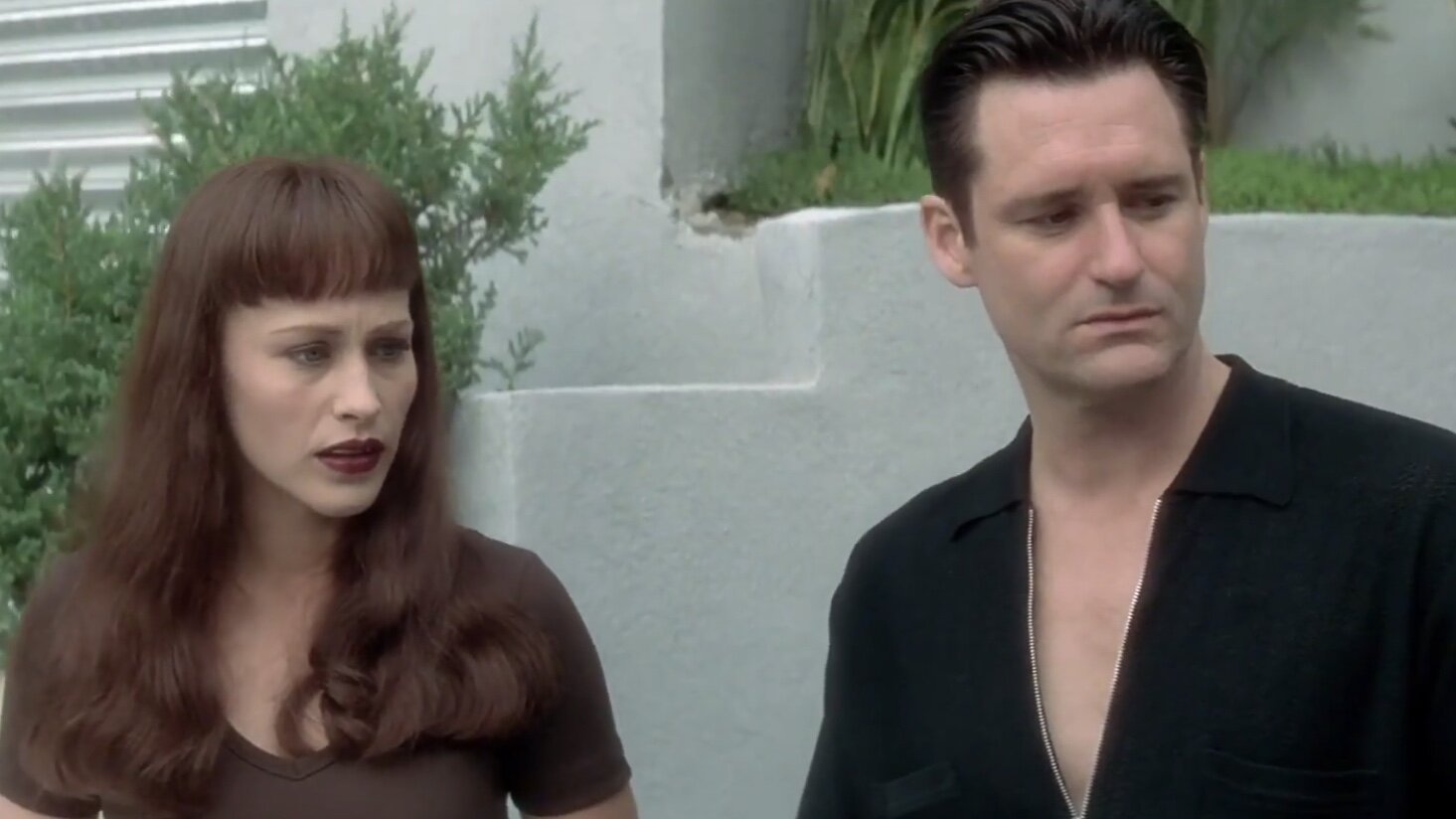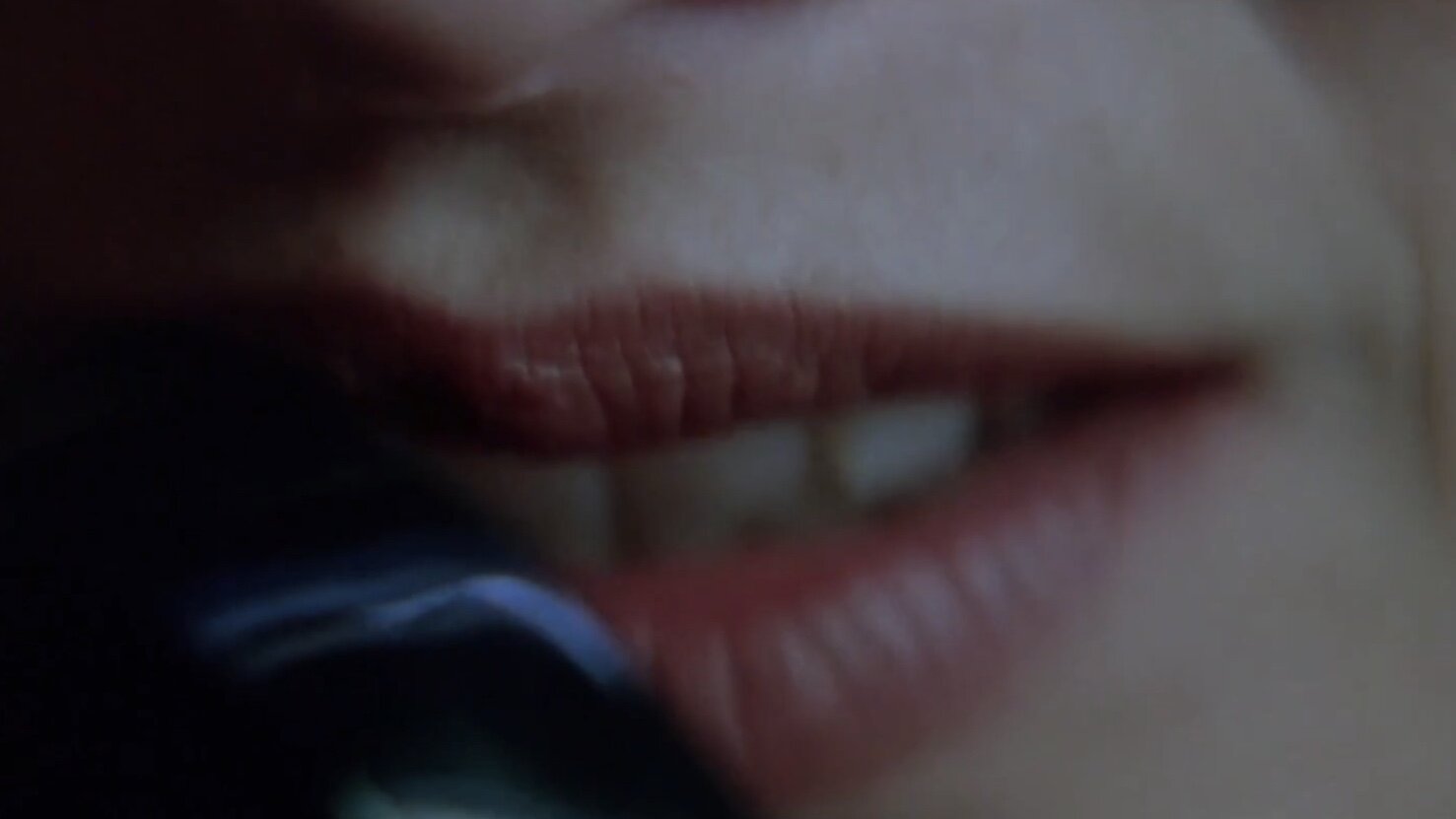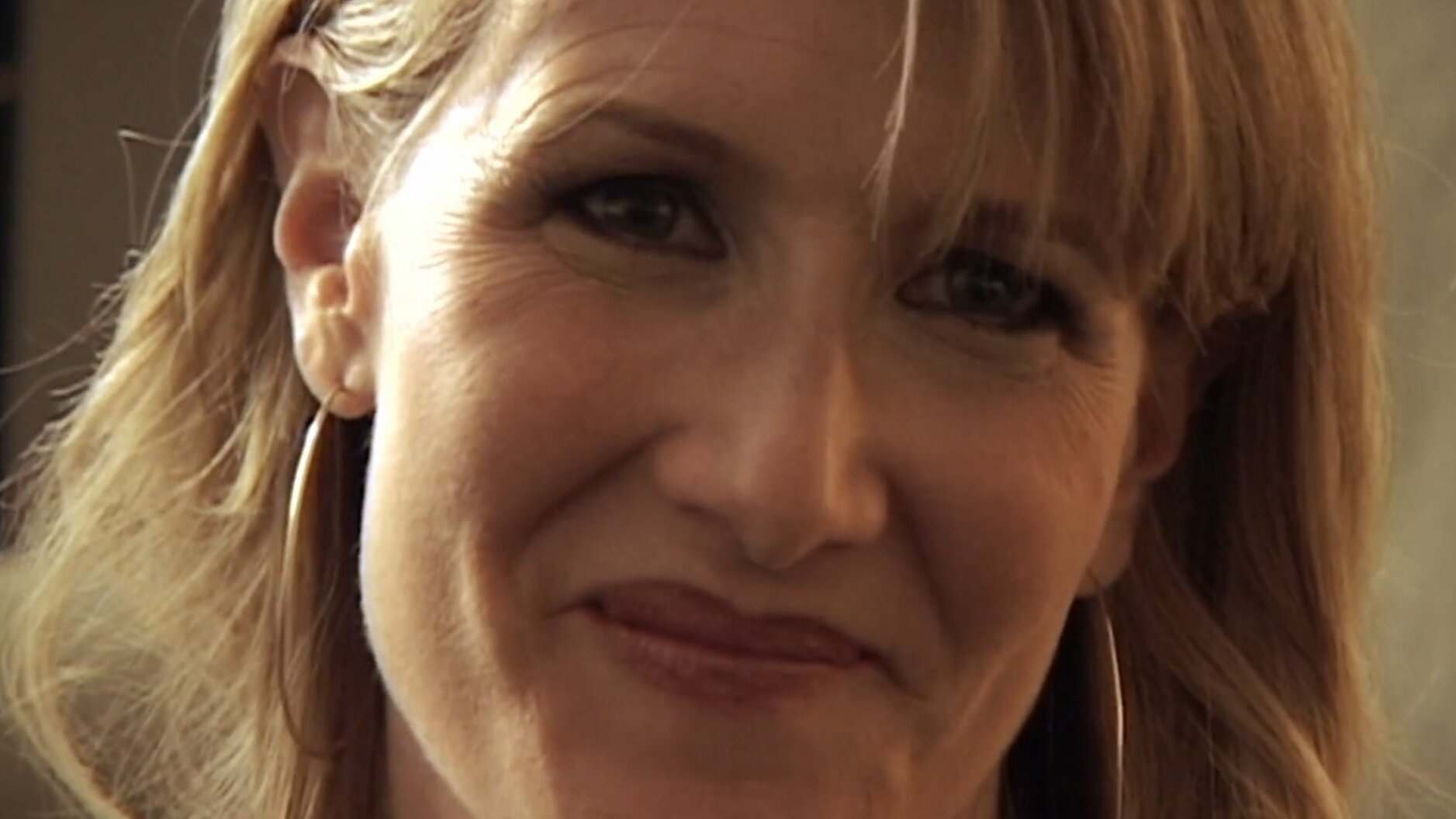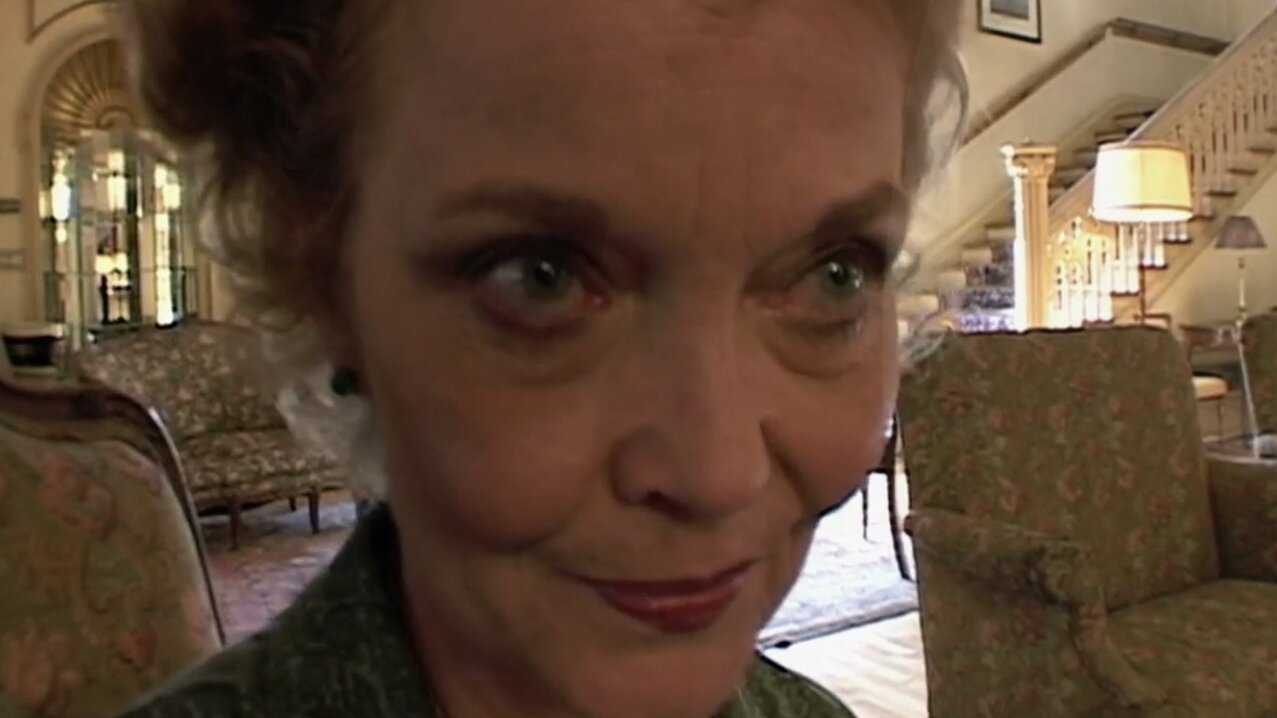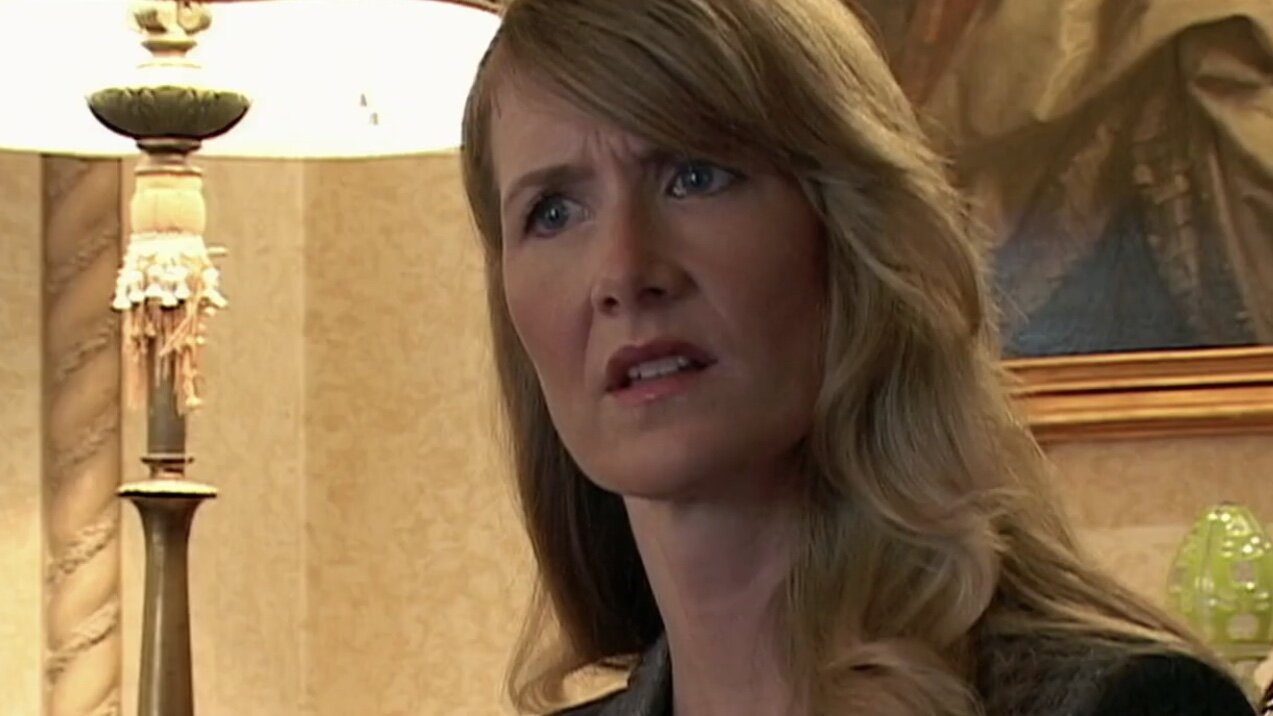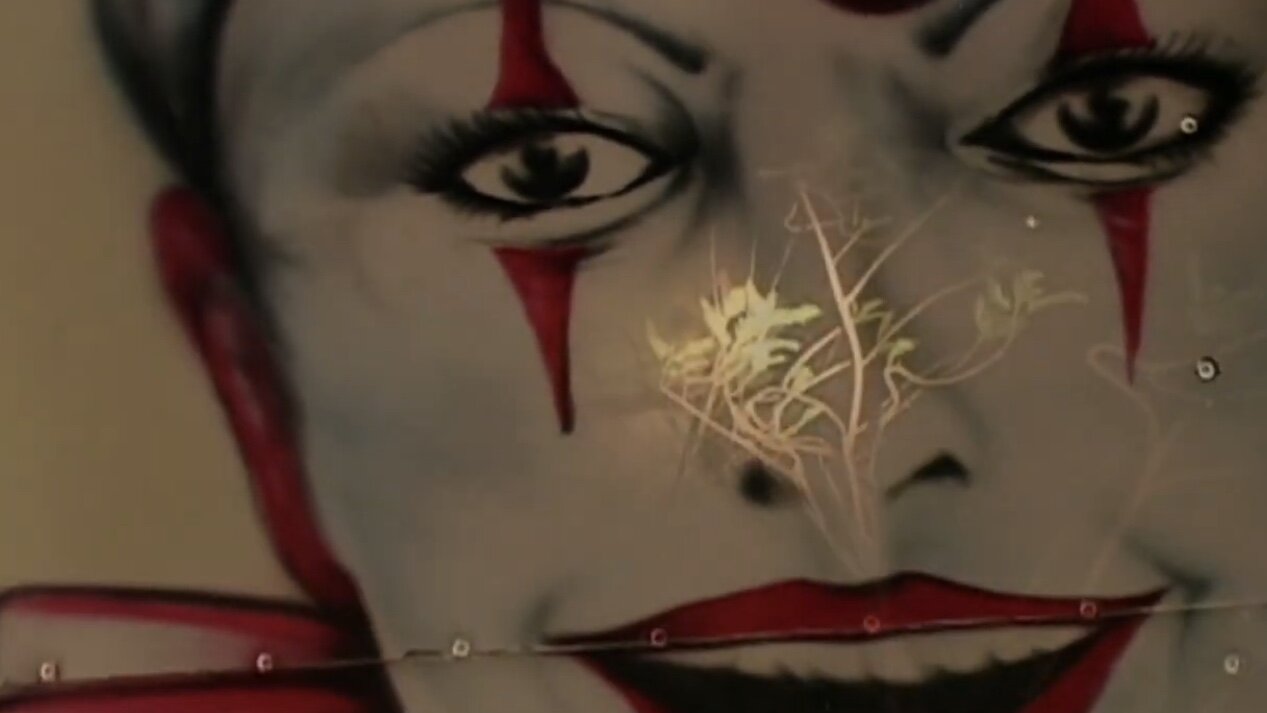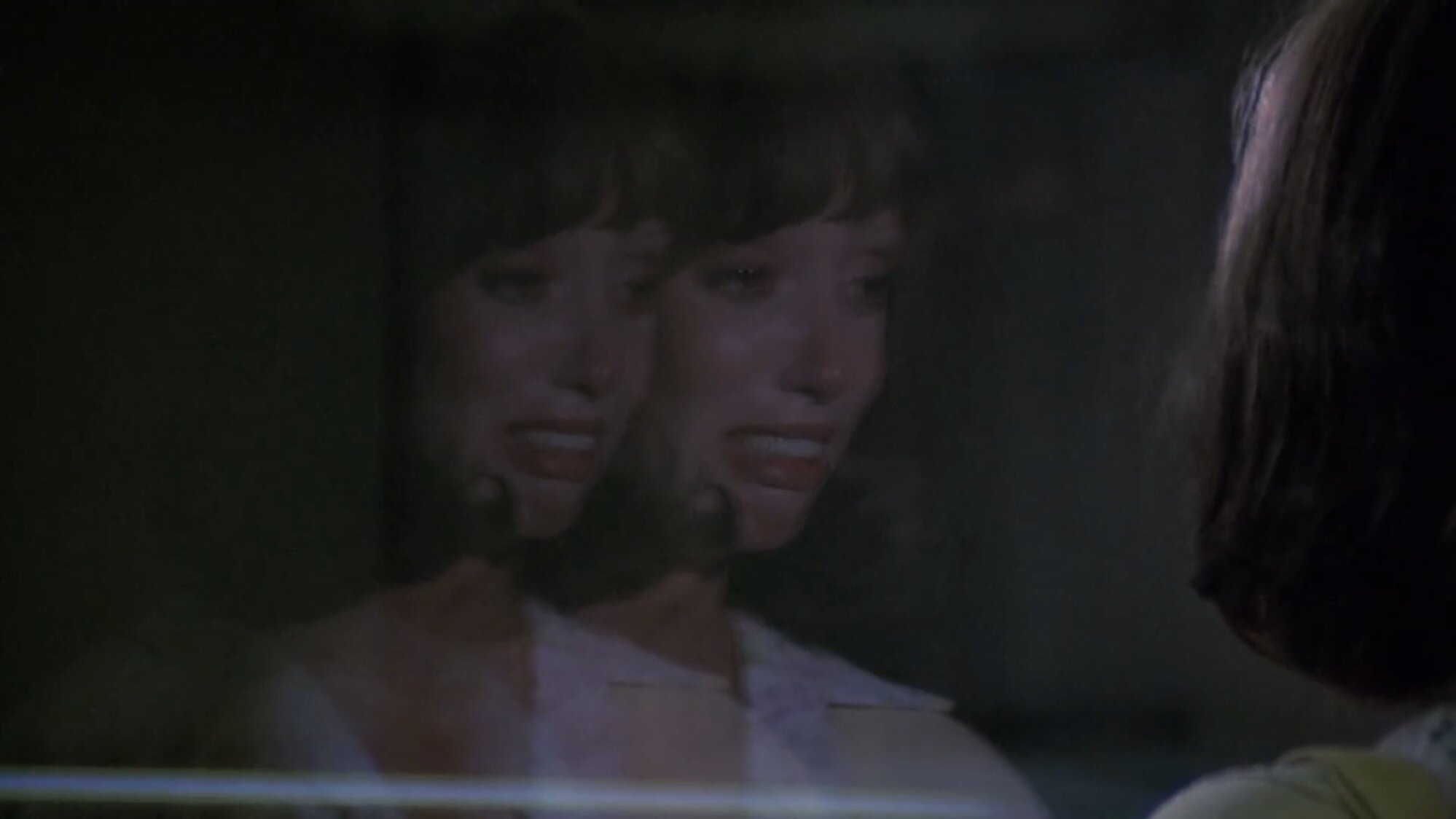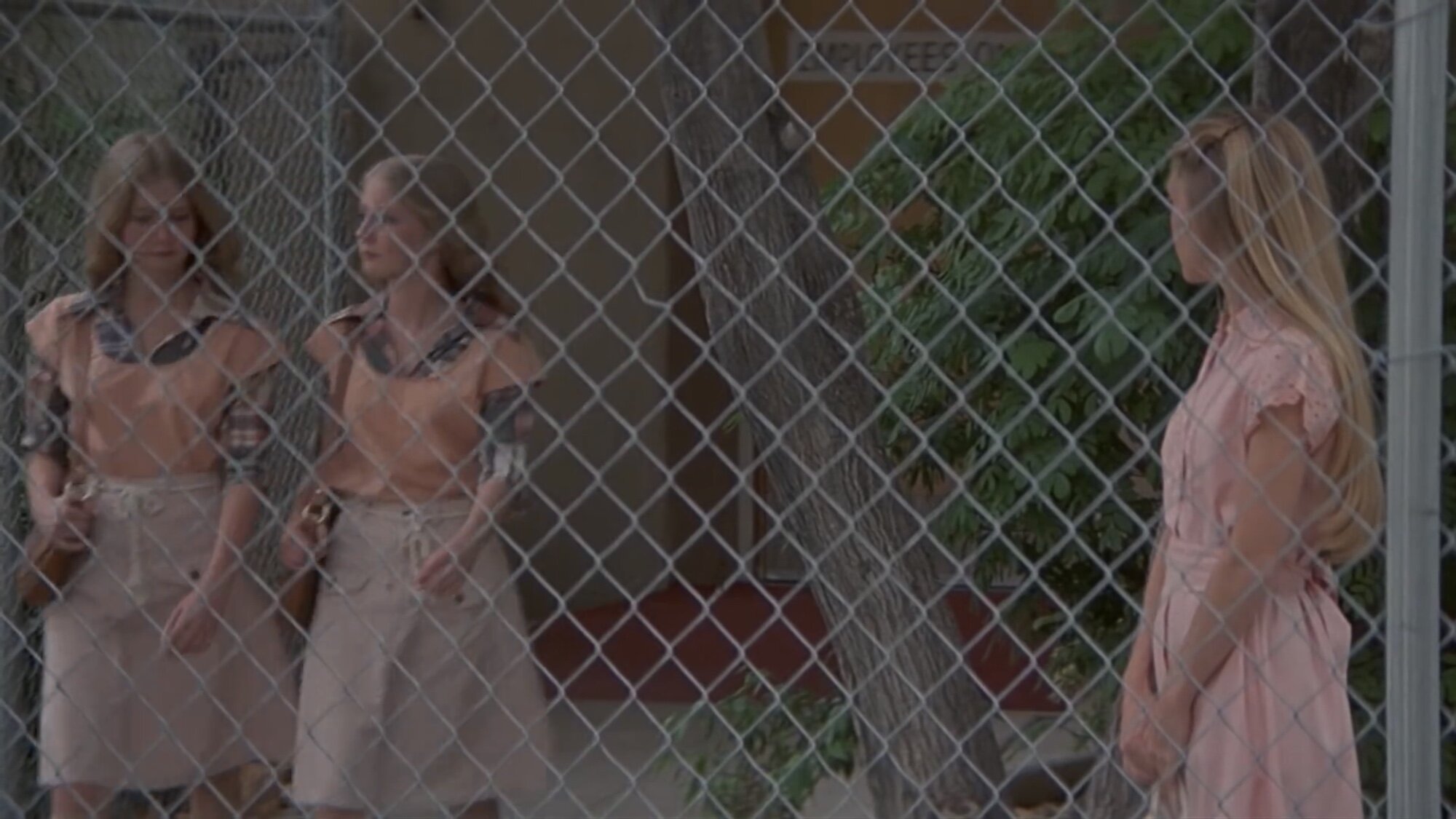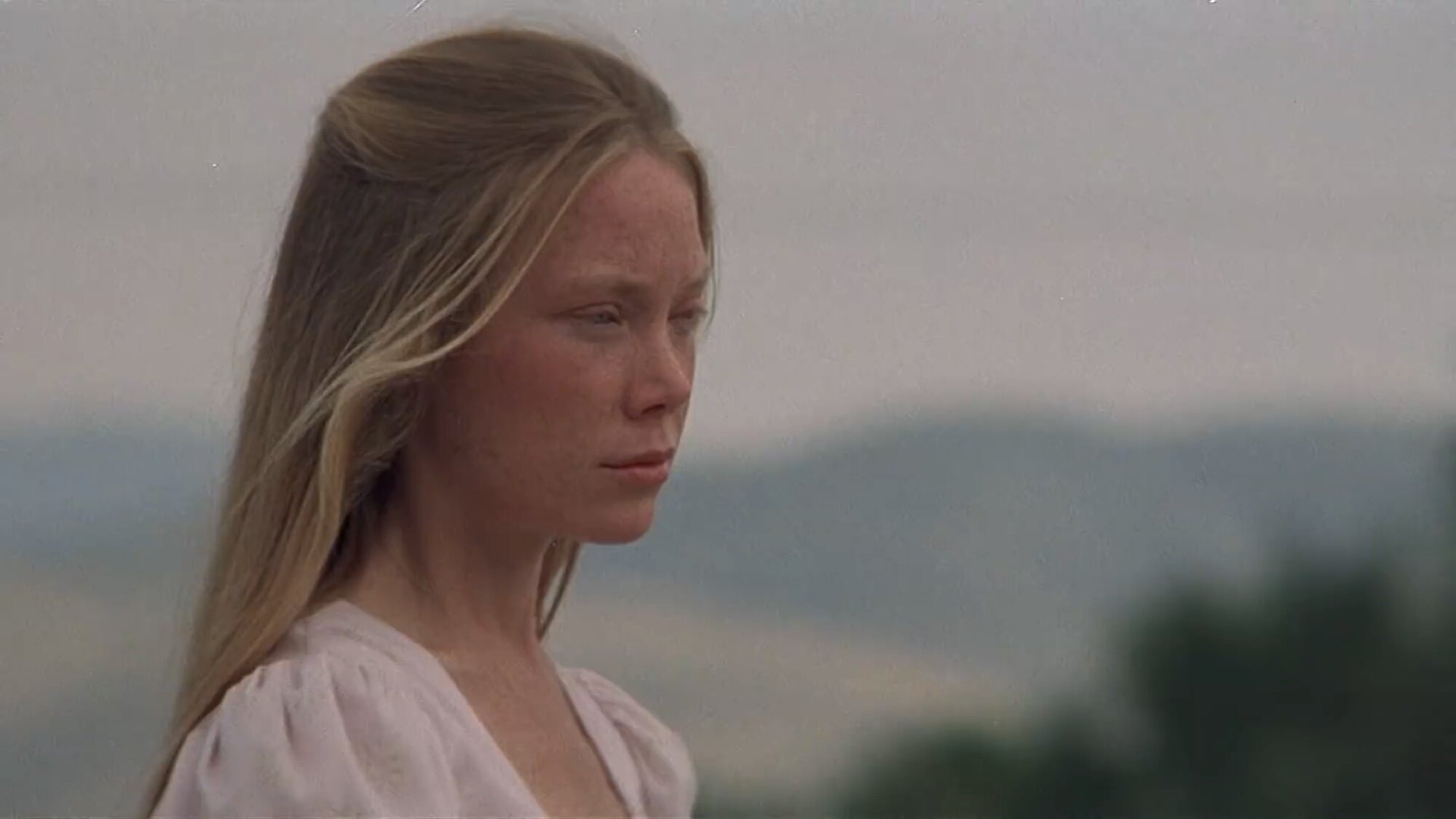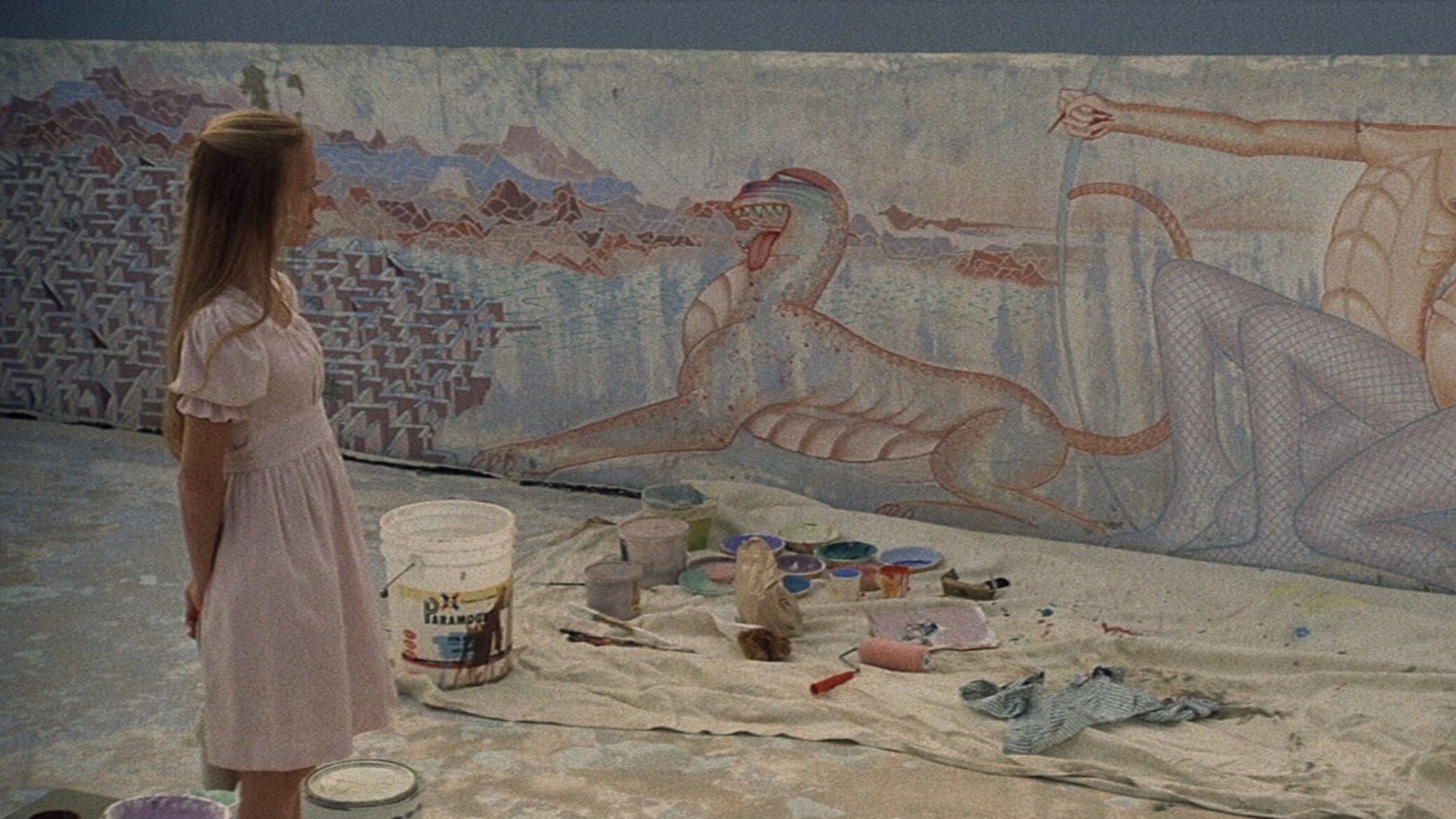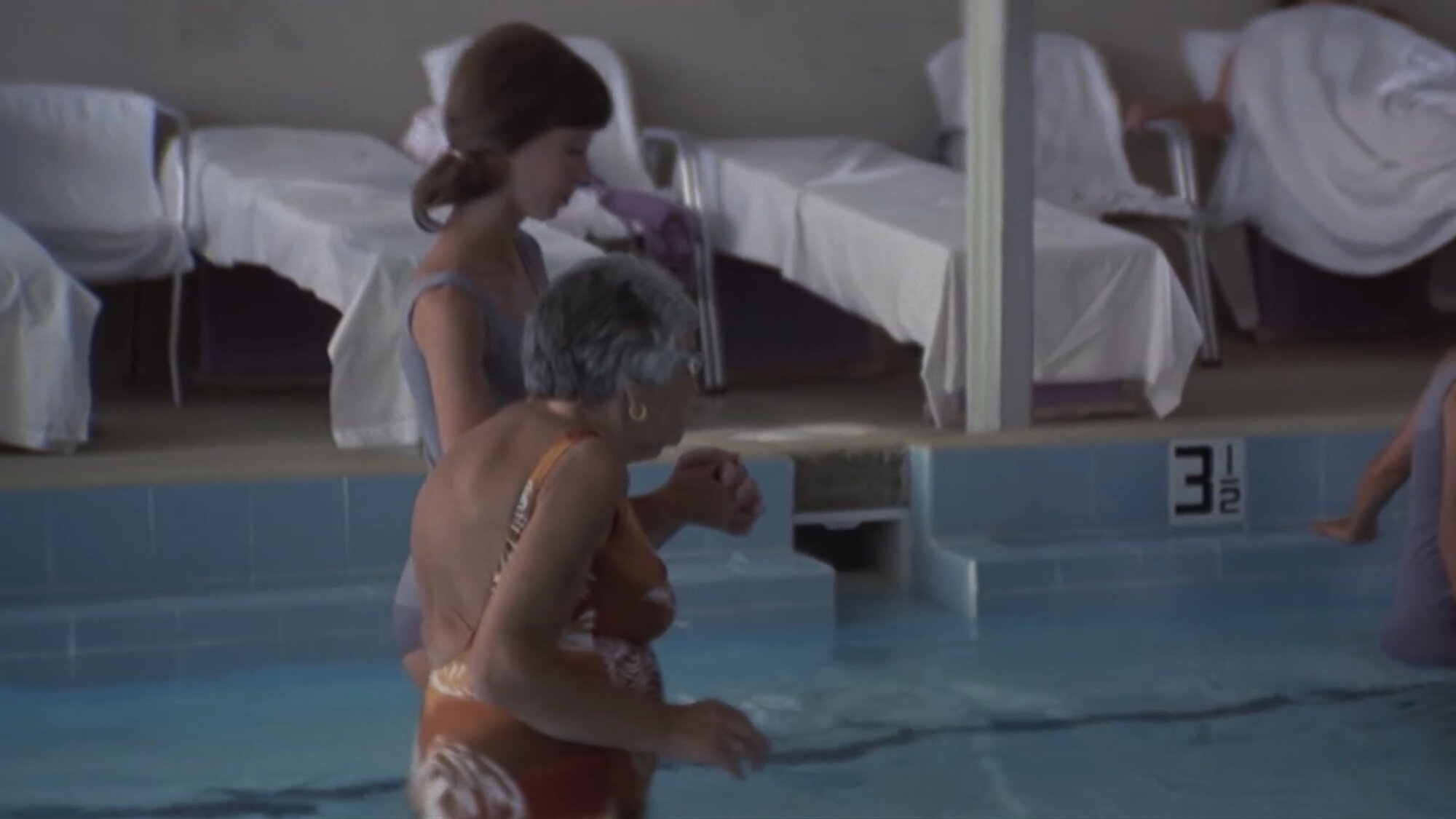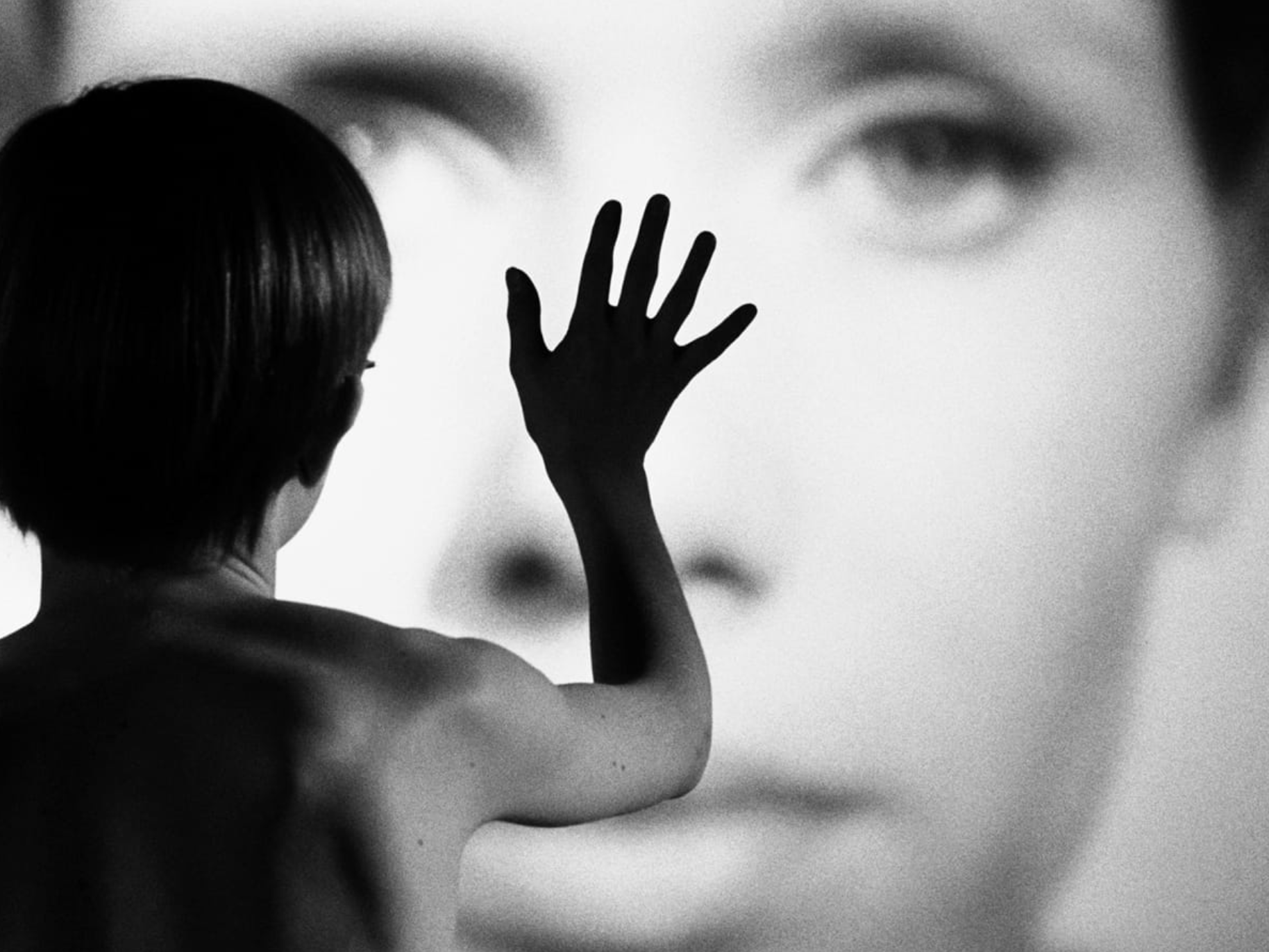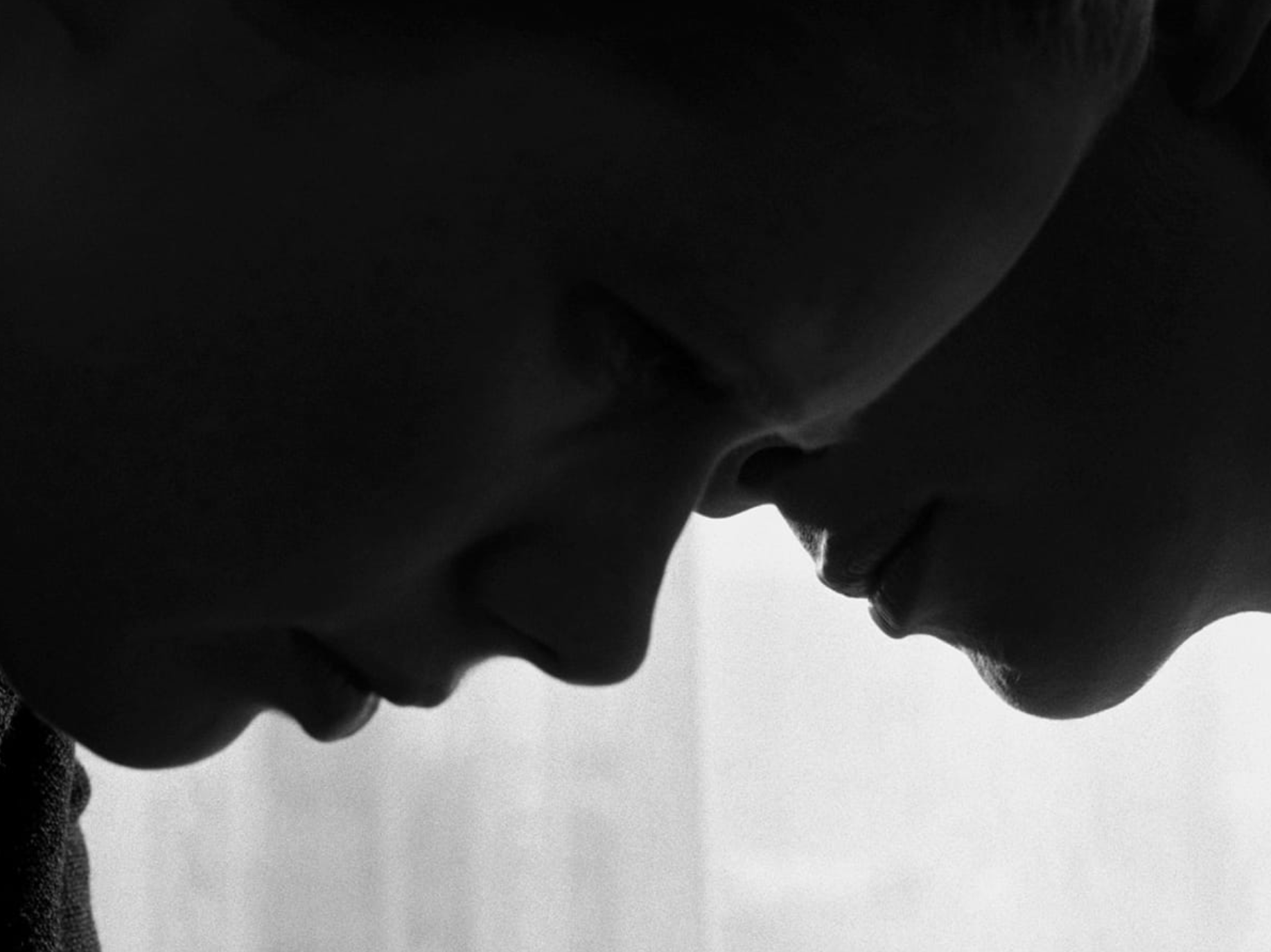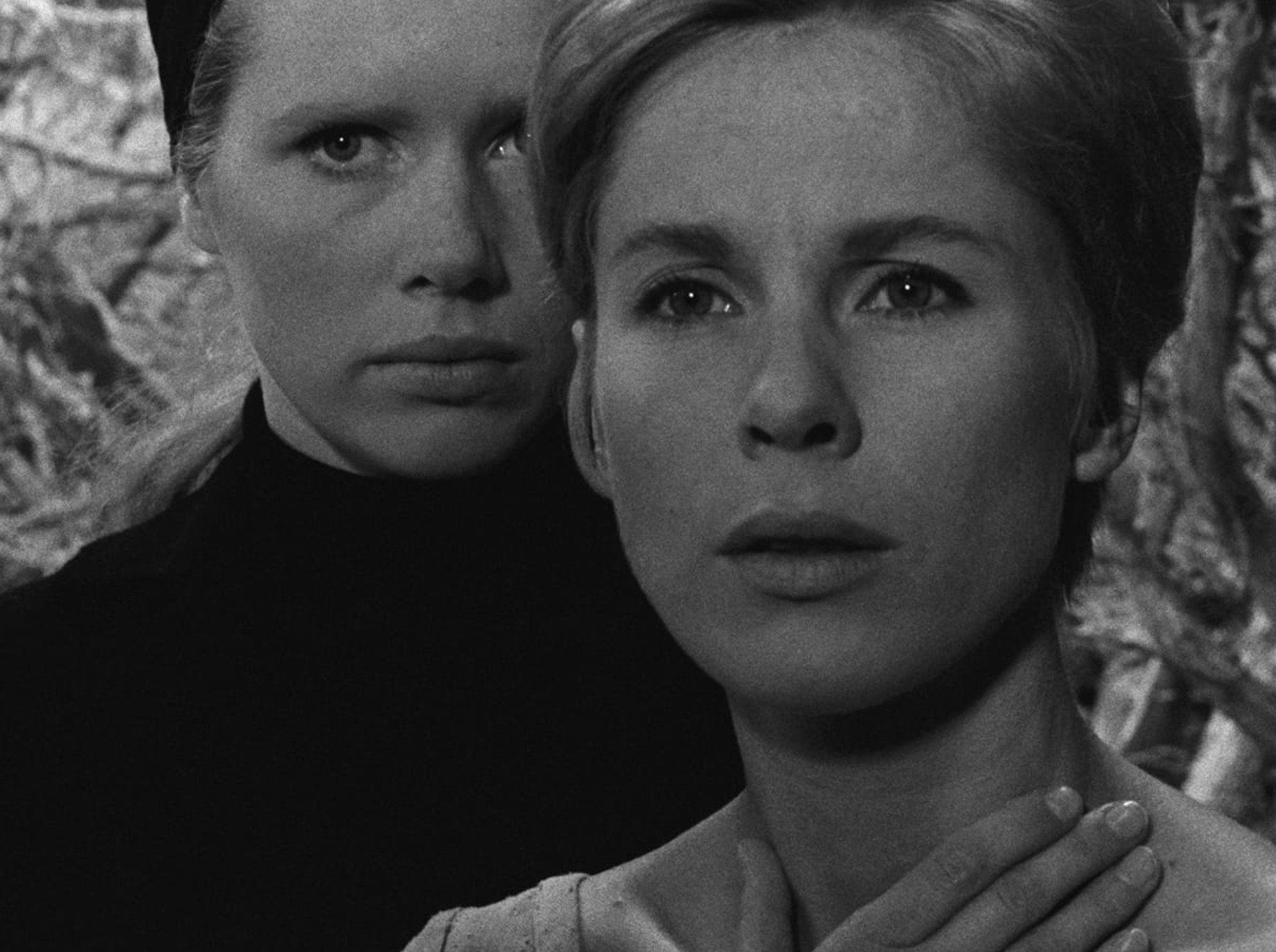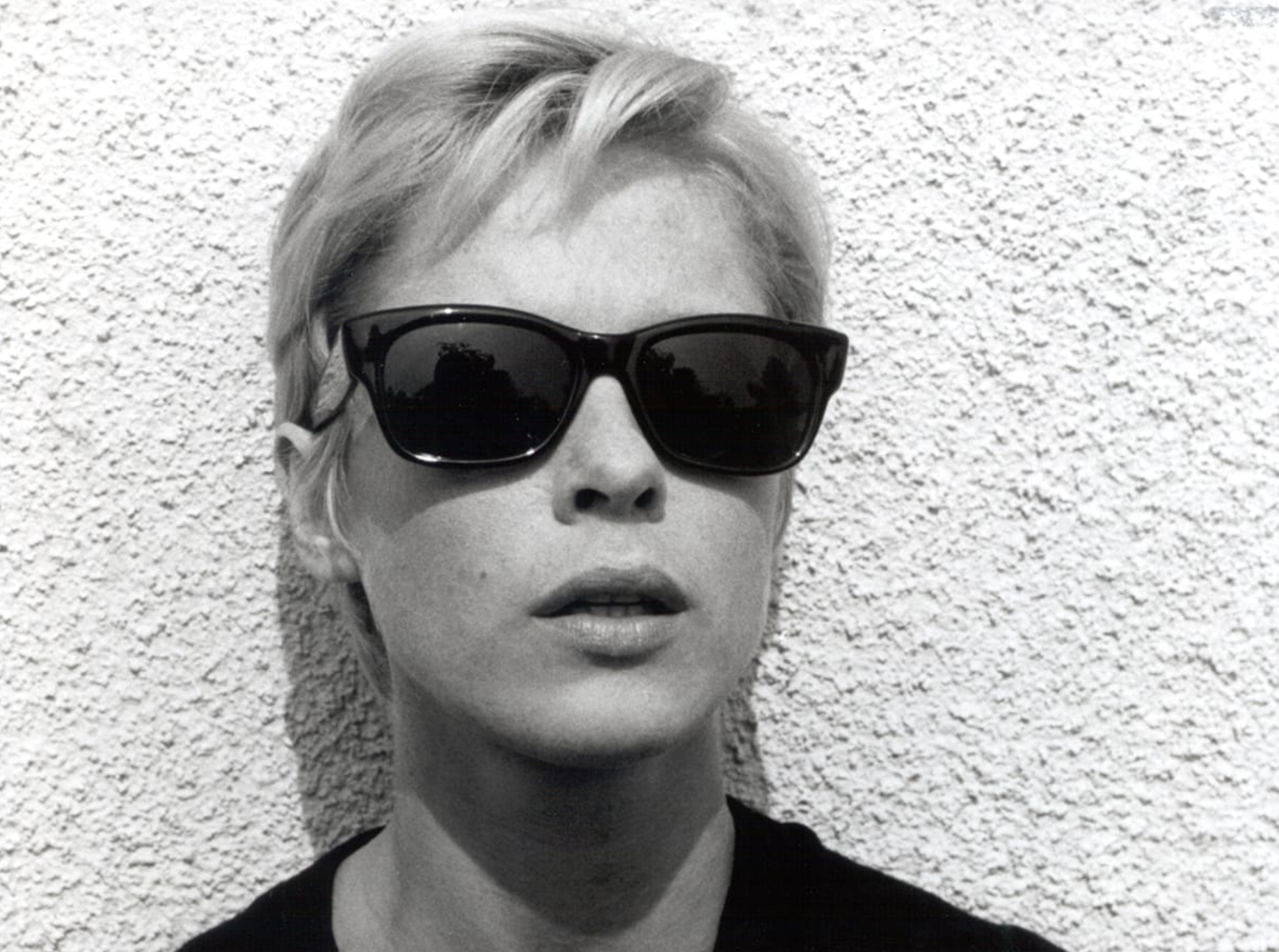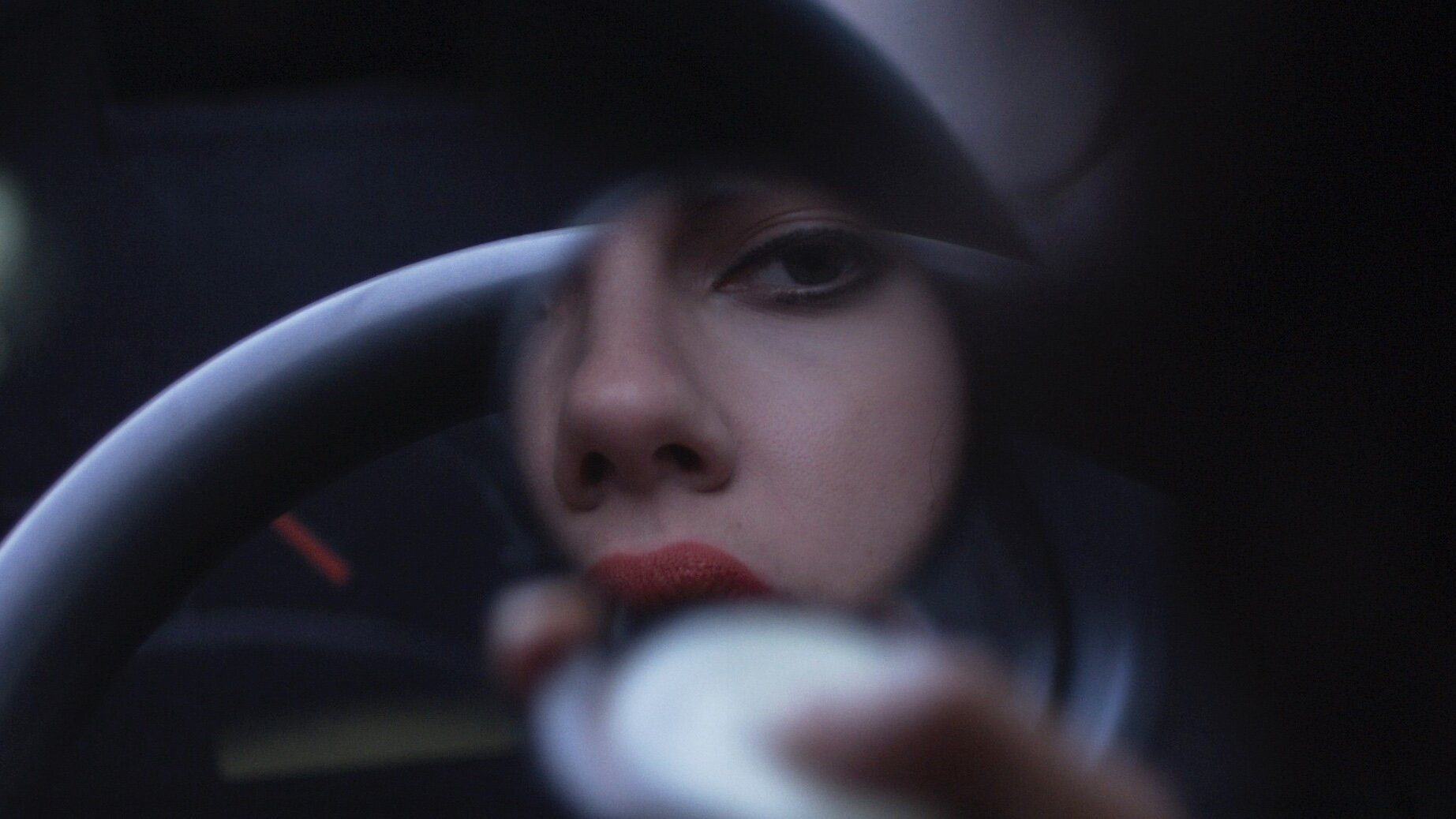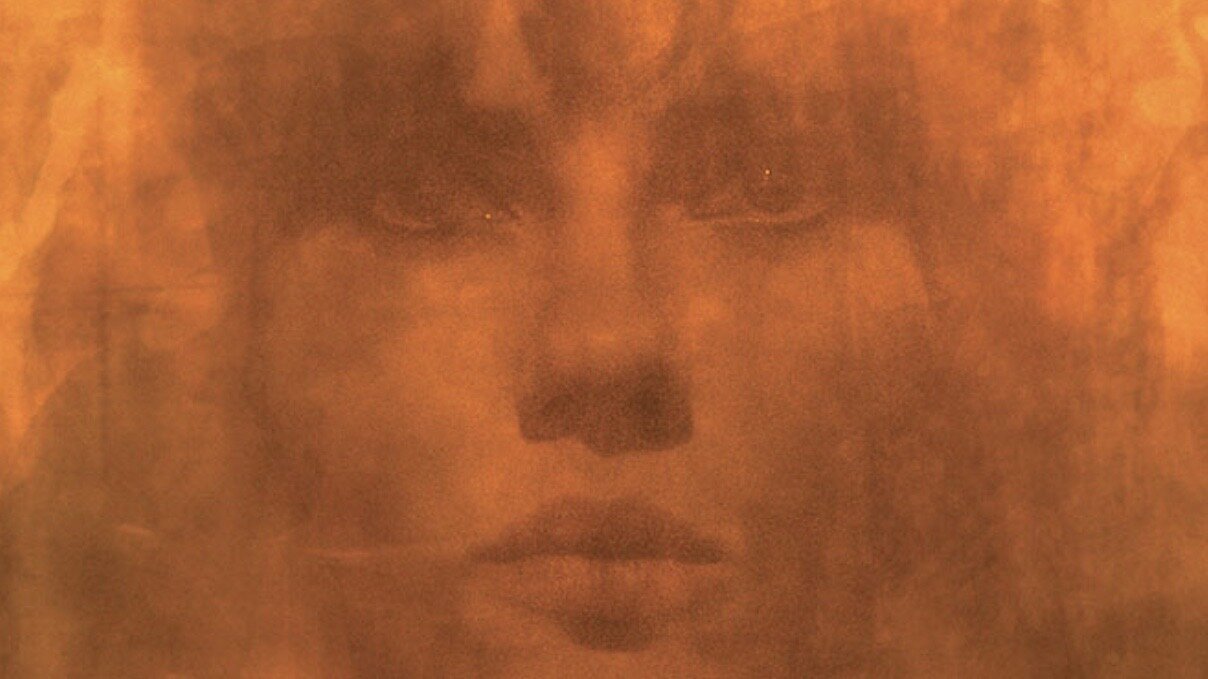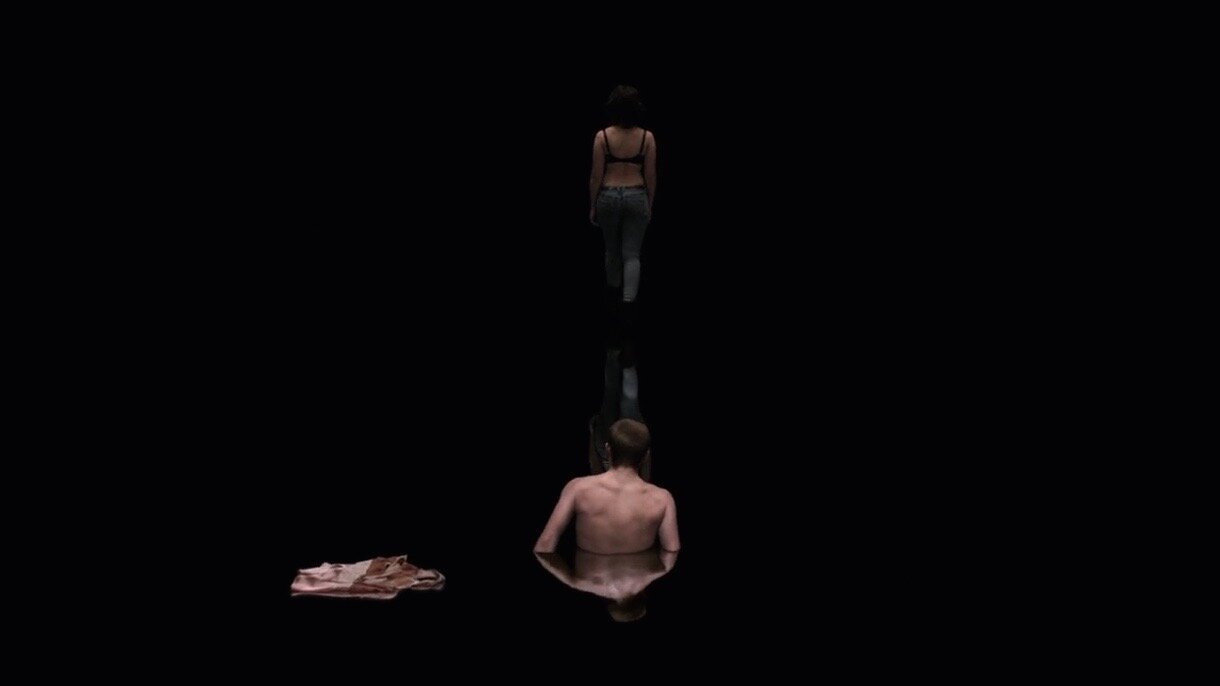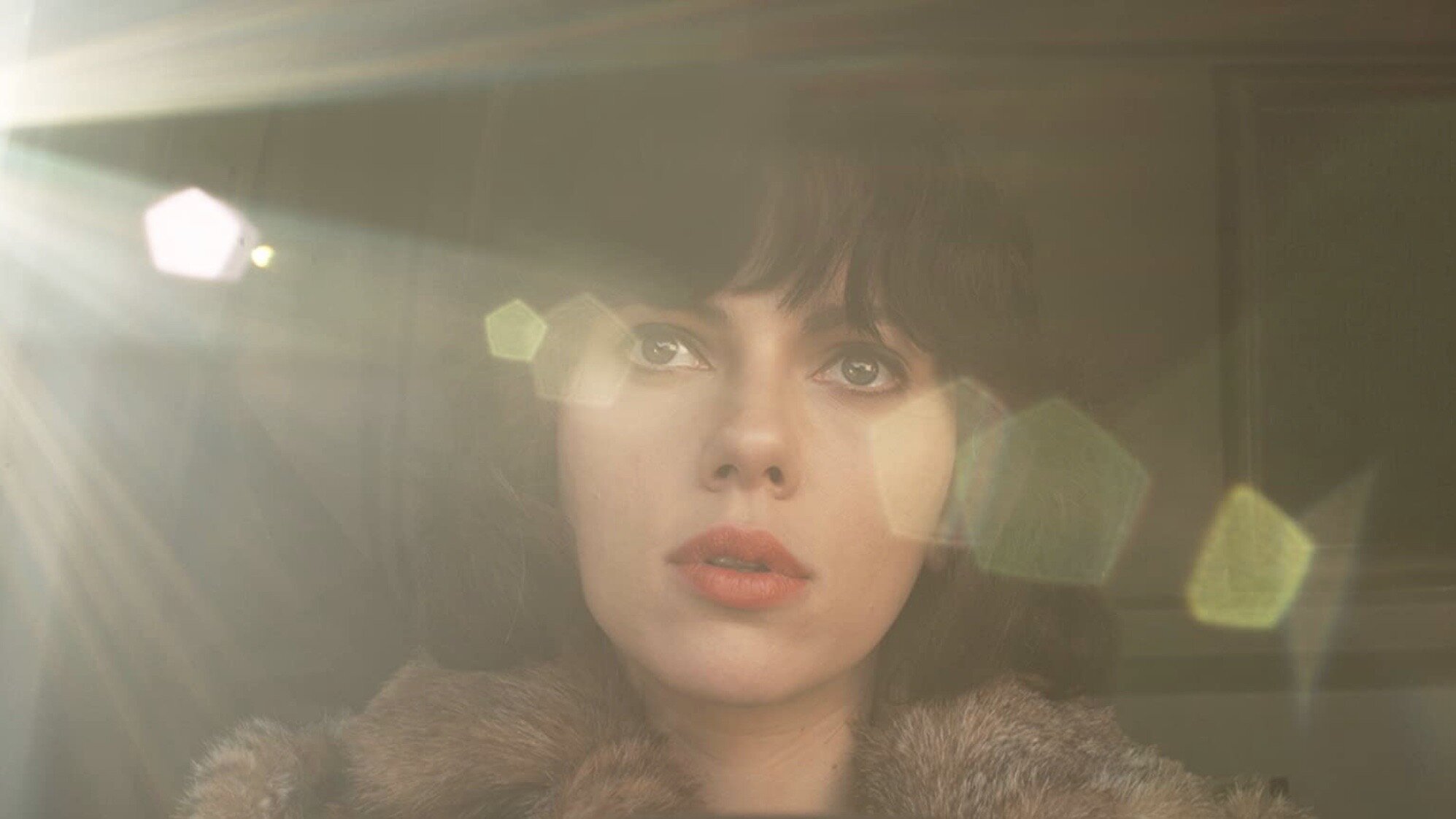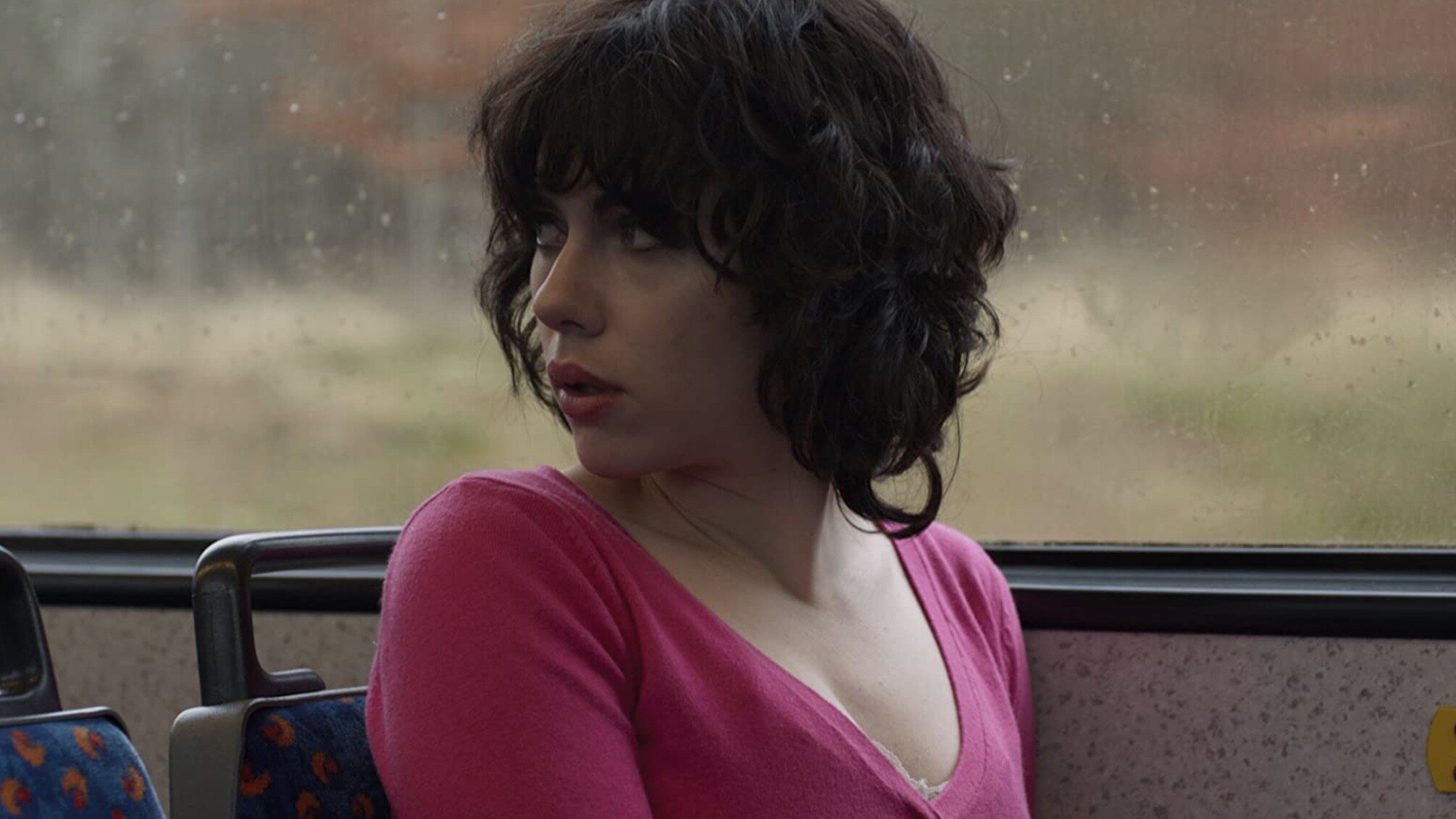Welluvia Curated Film Guide #1
I’ve been watching a lot more movies than usual lately - revisiting some old favourites and some newer additions that I had never found the time to watch in the past. I’ve always found it hard to find great movies to watch online, as most of the mainstream streaming providers don’t have a great deal of good cinema. I love Mubi, a curated film website that constantly adds great and hard to find cinema, available to stream for a limited time. I’ve teamed up with Mubi to offer a 30 day trial for anyone who uses this link. The standard trial period available to the public is only seven days. I’ll also be creating lists for each of Welluvia’s film guides on Mubi as well. This curated film guide is available on Mubi here.
Today I’m going to discuss films that are an essential viewing, focused around characters with warped identities and identity crises. In cinema, we see this depicted when characters question not only their own identities but those of the people around them, as well as their experiences and the world itself. We often watch characters spiral into insanity as we try to unravel the truth just as quickly as they are. It’s an interesting topic in film, usually attached to those with a psychological thriller aspect, and also a common theme in a lot of my all-time favourite films.
When it comes to Welluvia’s film guide, I have chosen powerful movies that provoke thought and discussion. Even though some of the topics are sometimes hard to watch, it is essential to highlight them from an array of culturally diverse mediums.
Below we look at Welluvia’s first curated essential film viewing guide, with an added focus on several of David Lynch’s films. The selection below host a variety of different genres - from art house to suspenseful contemporary thrillers.
1. Black Swan, directed by Darren Aronofsky, 2010
No film list I curate could exist without Black Swan right at the top. I watched the movie when it was in the cinemas and had been in love ever since. I’ve seen the film over 15 times and could watch it another 100. Darren Aronofsky is one of my favourite directors, with the majority of his movies being in my top 15 list. Aronofsky's films all centre around some sort of addiction, whether it be drugs in Requiem for a Dream or career obsession like in the Wrestler - a partner film to Black Swan. I love watching the art form of ballet and am particularly fond of Swan Lake. This psychological thriller (often incorrectly referred to as a horror) blends all these topics into an intense 108-minute masterpiece that is as beautifully shot (on film) as it is thought-provoking. Natalie Portman plays the exquisite Nina Sayers, an emotionally and mentally disturbed ballerina whose new role as the prestigious Swan Queen in an upcoming production of Swan Lake proves too much for her. Nina’s hidden emotions and desires unravel throughout the film as we watch her identity warp from the innocent white swan archetype into the more sinister black swan archetype. Clint Mansell’s score encompassing elements of Tchaikovsky’s Swan Lake is another merit to the film as well.
David Lynch
As my favourite director, I’ve watched Lynch’s films numerous times and studied their themes relentlessly. His films generally need multiple viewings to fully comprehend all the intricately weaved symbolism and sub-plots. He frequently uses themes such as dreams and alternate realities so the viewer needs to question if what they’re watching is actually real or a figment of a c’s mind.
Another big theme in many of his films is identity crises. Originally I had planned on just writing about Mulholland Drive for this list, but Lost Highway and Inland Empire are both excellent films by Lynch that all work on similar themes and together act as a sort of unofficial trilogy.
2. Mulholland Drive, directed by David Lynch, 2001
David Lynch’s harrowing tale about a “woman in trouble” is as confusing to some as it is entertaining. Naomi Watts plays the happy-go-lucky Betty Elms who just arrived in her "dream-place” L.A to begin her acting career. However, all is not what it seems. I’ve loved Watts ever since watching Mulholland Drive for the first time, as her talent proved her ability far beyond a lot of other more popular actresses. The film contains elements of classic crime noir, psychological thrillers, small elements of horror (like a lot of Lynch films), but in the end, it cements itself as one of the most tragic stories of heartbreak that I’ve ever seen. This is a movie that will stay with you for days after viewing, the credits alone stuck with me for hours after watching. Heartbreaking.
3. Lost Highway, directed by David Lynch, 1997
One of the first Lynch movies I had watched - and recently watched again a few months ago, which made me love it even more. Lost Highway is, to me, a lot harder to fully comprehend than it’s counterpart Mulholland Drive. The story revolves around Fred, a jazz musician, and his wife Renee (played by the films highlight Patricia Arquette), who start to receive unnerving videotapes of their house left on their doorstep every morning. The film twists and turns as characters change their identities, and hidden motives and agendas are revealed. On the surface, it begins as a classic tale of the American Dream, but below the surface, it is a lot more of a nightmare.
4. Inland Empire, directed by David Lynch, 2006
I love Laura Dern. She’s a frequent Lynch collaborator, starring in Blue Velvet, Wild at Heart and more recently as the mysterious Diane in the reboot of Twin Peaks. She takes centre stage in Lynch’s Inland Empire playing an actress named Nikki Grace who lands a role in a cursed film script: “On High On Blue Tomorrow’s”. The movie itself plays out as a visceral nightmare when reality starts to reflect the storyline that Nikki is acting more and more, and her character begins to resemble her onscreen persona, Sue Blue. A fantastic film but worth watching after Lynch’s other works as it needs a few viewings to understand fully.
5. 3 women, directed by Robert Altman, 1977
This was my first introduction to Robert Altman’s catalogue of work. The film originally starts off as a nerve-wracking thriller reminiscent of Single White Female but progresses into something a lot more surreal and sinister. The story revolves around Millie and Pinky who work together in a bathhouse for the elderly. The eerie soundtrack and beautifully shot pastel environments unravel a psychological drama that continues to warp the character identities throughout the film. We ask ourselves the questions - who were the three women? Were they versions of a singular personality or made up figures to accompany one’s loneliness? Sissy Spacek and Shelly Duvall were made for these roles and play them effortlessly. Very confusing but also very beautiful.
6. Persona, directed by Ingmar Bergman, 1966
No list about films depicting identity crisis could be complete without Ingmar Bergman’s pioneering arthouse work Persona. Decades before its time, Persona centers around Nurse Alma taking a job as a caretaker for a famous actress named Elisabet who becomes mute. As the film progresses we see the two begin to share a bond, as Alma opens up about her life to Elisabet, who is not as sympathetic to the nurse as hoped for. Roles reverse continuously as the two begin to blend and submerge each other, desperately attempting to escape their anguishes by destroying the other. Very haunting and provides a plethora of discussion topics after viewing.
7. Under The Skin, directed by Jonathon Glazer, 2013
My first introduction to Jonathon Glazer’s work was with Birth starring Nicole Kidman. It was an amazing film that I was surprised to have seen it pass below the radar. Quite a few years later I started to see initial teaser promos for Under The Skin - cryptic text message promotional campaigns and a phone number to ring that when I rang (intrigued) had various creepy sounds, followed by an audio clip of Scarlett Johansson saying “Come to me”. The film is a surreal, almost hallucinogenic experience from start to finish. Scarlett Johansson plays an unnamed female who never really has a set identity or any human emotion for that matter. She roams the earth looking for lonely men she can seduce and kill, without portraying any emotional response - sympathy, love, anger or hate. However, as the film edges towards its climax, we see Johansson’s character become increasingly conflicted on the acts she is inflicting, almost as if humanity is beginning to rub off on her. The ending was shocking and exceptionally sad, and something I had to think about for long after I finished viewing. Mica Levi’s minimal electronic ambient score is incredible for the film as well.
Happy viewing!
With wellness,
Aleksandar
Film stills courtesy of Mubi



